The Biden Administration is expected to announce another military assistance package for Ukraine in the coming days, sources familiar with the matter said on Tuesday.
The latest aid package worth $800 million is roughly the same size as one announced by the White House last week. But details were still being worked out, one U.S. official, speaking on condition of anonymity, told Reuters.
Since Russia launched its "special military operation" against Ukraine in February, the U.S has given over $2 billion in military assistance to Ukraine. The total aid will exceed $3 billion if this week's package is as much as reported.
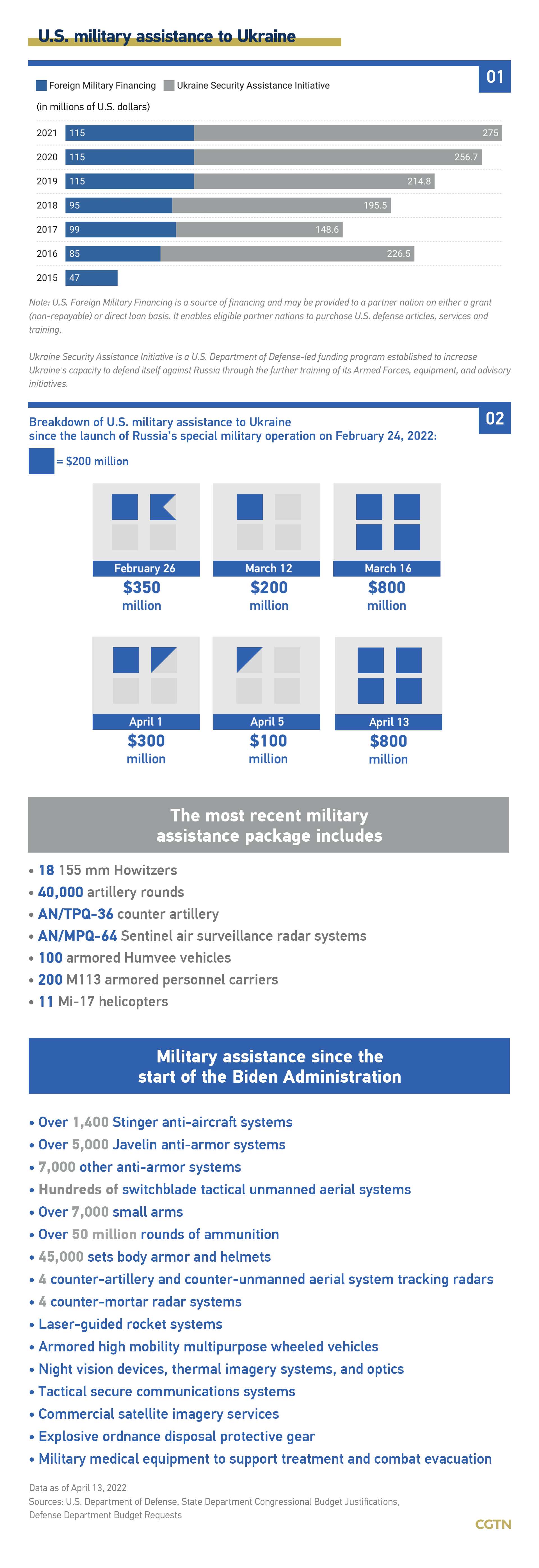
The recent package of assistance contains weapons systems the U.S. has already provided and new capabilities tailored to Ukraine's needs, according to the statement released by the U.S. Department of Defense.
It includes 18 155 mm Howitzers, along with 40,000 artillery rounds. Also included are the AN/TPQ-36 counter artillery and AN/MPQ-64 Sentinel air surveillance radar systems.
In a diplomatic note last week, Moscow warned the U.S. and NATO allies against sending the "most sensitive" weapons for Kyiv to use in the conflict with Russia, saying such shipments were "adding fuel" to the situation and could come with "unpredictable consequences," the Washington Post reported.
A foreign ministry spokesperson in Moscow confirmed Russia had sent diplomatic notes to the United States and other nations about supplying weapons to Ukraine but did not say what the messages contained, Interfax news agency reported.
University of Wisconsin Professor Alfred W. McCoy's proposal for a war tax on Russian oil and gas is to deduct 20% from European purchases of Russian energy, with the money to be used as reparations for Ukraine. The whole article is worth a read as McCoy analyzes the US-Russia-China relationships and (mis)calculations behind this monstrous war, but if you want to cut to the chase, here you go, the last third or so of the article:
"In short, the West has seized a few yachts from Putin’s cronies, stopped servingBig Macs in Red Square, and slapped sanctions on everything except the one thing that really matters. With Russia supplying 40% of its gas and collecting an estimated $850 million daily, Europe is, in effect, funding its own invasion.
Reparations
Following the failure of both Washington’s pressure on China and Western sanctions against Russia to stop the war, the international courts have become the sole peaceful means left to still the conflict. While the law often remains an effective means to mediate conflict domestically, the critical question of enforcing judgements has long robbed the international courts of their promise for promoting peace — a problem painfully evident in Ukraine today.
Even as the fighting rages, two major international courts have already ruled against Russia’s invasion, issuing orders for Moscow to cease and desist its military operations. On March 16th, the U.N.’s highest tribunal, the International Court of Justice, ordered Russia to immediately suspend all military operations in Ukraine, a judgment Putin has simply ignored. Theoretically, that high court could now require Moscow to pay reparations, but Russia, as a permanent member of the Security Council, could simply veto that decision.
With surprising speed, on day five of the invasion, the European Court of Human Rights (ECHR) at Strasbourg ruled in the case of Ukraine v. Russia (X), ordering the Kremlin “to refrain from military attacks against civilians and civilian objects, including residential premises, emergency vehicles and… schools and hospitals” — a clear directive that Moscow’s military continues to defy with its devastating rocket and artillery strikes. To enforce the decision, the court notified the Council of Europe, which, two weeks later, took the most extreme step its statutes allow, expelling Russia after 26 years of membership. With that not-terribly-painful step, the European Court seems to have exhausted its powers of enforcement.
But matters need not end there. The Court is also responsible for enforcing the European Convention on Human Rights, which reads in part: “Every natural or legal person is entitled to the peaceful enjoyment of his possessions.” Under that provision, the ECHR could order Russia to pay Ukraine compensation for the war damage it’s causing. Unfortunately, as Ivan Lishchyna, an adviser to Ukraine’s Ministry of Justice, points out: “There is no international police or international military force that can support any international court judgment.”
As it happens, though, there is a blindingly obvious path to payment. Just as a U.S. municipal court can garnish the wages of a deadbeat dad who won’t pay child support, so the European Court of Human Rights could garnish the gas income of the world’s ultimate deadbeat dad, Vladimir Putin. In its first five weeks, Putin’s war of choice inflicted an estimated $68 billion dollars of damageon Ukraine’s civilian infrastructure (its homes, airports, hospitals, and schools), along with other losses worth about $600 billion or three times that country’s total gross domestic product.
But how would Ukraine collect such a sum from Russia? Any Ukrainian party that has suffered damage — whether individuals, cities, or the entire nation — could petition the European Court of Human Rights to enforce its judgement in Ukraine v. Russia (X) by awarding damages. The Court could then instruct the Council of Europe to direct all European corporations buying gas from Gazprom, the Russian state monopoly, to deduct, say, 20% from their regular payments for a Ukraine compensation fund. Since Europe is now payingGazprom about $850 million daily, such a court-ordered deduction, would allow Putin to pay off his initial $600 billion war-damage debt over the next eight years. As long as his invasion continued, however, those sums would only increase in a potentially crippling fashion.
Though Putin would undoubtedly froth and fulminate, in the end, he would have little choice but to accept such deductions or watch the Russian economy collapse from the lack of gas, oil, or coal revenues. Last month, when he rammed legislation through his parliament requiring Europe’s gas payments in rubles, not euros, Germany refused, despite the threat of a gas embargo. Faced with the loss of such critical revenues sustaining his economy, a chastened Putin called Chancellor Scholz to capitulate.
With billions invested in pipelines leading one-way to Europe, Russia’s petro-dependent economy would have to absorb that war-damage deduction of 20% — possibly more, if the devastation worsened — or face certain economic collapse from the complete loss of those critical energy exports. That might, sooner or later, force the Russian president to end his war in Ukraine. From a pragmatic perspective, that 20% deduction would be a four-way win. It would punish Putin, rebuild Ukraine, avoid a European recession caused by banning Russian gas, and prevent environmental damage from firing up Germany’s coal-fueled power plants.
Paying for Peace
Back in the day of anti-Vietnam War rallies in the United States and nuclear-freeze marches in Europe, crowds of young protesters would sing John Lennon and Yoko Ono’s hope-filled refrain, even though they were aware of just how hopeless it was even as the words left their lips: “All we are saying is give peace a chance.” But now, after weeks of trial and error over Ukraine, the world just might have a chance to make the aggressor in a terrible war at least begin to pay a price for bringing such devastating conflict back to Europe.
Perhaps it’s time to finally deliver a bill to Vladimir Putin for a foreign policy that has involved little more than flattening one hapless city after another — from Aleppo and Homs in Syria to Chernihiv, Karkhiv, Kherson, Kramatorsk, Mariupol, Mykolaiv, and undoubtedly more to come in Ukraine. Once the world’s courts establish such a precedent in Ukraine v. Russia (X), would-be strongmen might have to think twice before invading another country, knowing that wars of choice now come with a prohibitive price tag."
Grass Is Greener - Brian Garvey Of MA Peace Action: Seeking Peace In Ukraine
Brian Garvey on the Peace Movement -- Moving Past Divisions on Ukraine
New Reporting Details Corporate Media's War Industry Pundits
Pulitzer-prize winner, theologian, and author Chris Hedges describes the bi-partisan war culture we find ourselves in today in "The Pimps of War."
The unaccountable coterie of neocons and liberal interventionists who orchestrated two decades of military fiascos in the Middle East are now stoking a suicidal war with Russia.
https://consortiumnews.com/2022/04/11/chris-hedges-the-pimps-of-war/
The Military Situation In The Ukraine
Part One: The Road To War
https://www.thepostil.com/the-military-situation-in-the-ukraine/
Negotiate for peace in Ukraine!
The U.S., which played a major role in exacerbating the conflict that led up to Russia’s invasion of Ukraine, must now play a major role in the negotiations between Ukraine and Russia to achieve a ceasefire. Add your name to the following letter to President Biden and Congress asking for the U.S. to support and commit to necessary compromises such as recognizing Ukraine as a neutral country and not expanding NATO any further eastward.
https://www.codepink.org/ukrainetalks
Dear President Biden and U.S. Congress,
The war in Ukraine is raging on, with only a narrow diplomatic channel existing between Ukraine and Russia. Negotiations have barely been able to achieve humanitarian corridors for civilians to leave and vital food, water, and other supplies to enter. The achievement of an urgent ceasefire is still beyond reach. In order to support negotiations, the United States must provide a clear articulation of what compromises the U.S./NATO will support.
There is no military solution to the conflict over Ukraine, a country caught in the crossfire between the U.S. and Russia, the world’s two most heavily armed nuclear nations. While the U.S. and the world are rightfully denouncing Putin’s invasion of a sovereign country, the shelling of civilians, the destruction of homes and hospitals, and threats of nuclear attacks, the major role the U.S. has played in exacerbating the conflict that led up to Russia’s invasion must also be acknowledged and addressed.
By breaking promises not to expand NATO into Eastern Europe, by placing offensive missiles in Romania and Poland that could reach Russia in minutes, by arming Ukrainian forces, by continuing to “modernize” the U.S. nuclear arsenal and by withdrawing from key nonproliferation treaties, the U.S. exacerbated the conflict that led up to Russia’s invasion of Ukraine. We know that Russia must withdraw its troops and commit to respecting the sovereignty of Ukraine, but the United States must be ready to make compromises and support negotiations between Ukraine and Russia by committing to the following:
-
Continued rejection of a no-fly zone over Ukraine;
-
No NATO expansion;
-
Recognition of Ukraine as a neutral country;
-
An off-ramp for sanctions on Russia to be lifted;
-
Support for an international security agreement to protect the interests of all people on the European continent to remain free from war and occupation;
-
Support for Ukrainian demilitarization to the degree that missiles would be banned;
-
Supply humanitarian aid to Ukraine and support Ukrainian refugees.
We, the undersigned, ask you to urge President Zelensky to engage in vigorous negotiations to reach a deal to end the fighting.
Sincerely,
U.S. Peace Council Statement on Russia’s Military Intervention in Ukraine
The US with its NATO allies have not only provoked this tragedy but have sought to prolong it in their refusal to engage in negotiations for a ceasefire.
What we all hoped would not happen has happened. The Russian Federation sent troops into Ukraine on February 24 in response to decades of relentless US-led NATO provocation. The present situation puts many serious, fundamental questions before the global peace movement.
A fierce propaganda campaign, long simmering with Russiagate and the onset of a new Cold War, demonizing the Russian president and state has intensified. Wholesale condemnation of Russia has assumed global proportions, instigated by the US and allies, and supported by their sycophantic media. Alternative views and voices of opposition to the official anti-Russian narrative have been suppressed or shut down.
Not surprisingly, many people subjected to this toxic bombardment of massive imperialist propaganda have placed all the blame on Russian aggression. Various reasons are given to justify their, in our view dangerous, position. Let us look at some of these justifications and assess the degree of their moral, legal, and political validity.
Applying the UN Charter
The first and most morally justifiable reason given is the argument that Russia’s invasion of Ukraine is in violation of the Charter of the United Nations. Based on this fundamental principle, shouldn’t the U.S. Peace Council, a staunch supporter and advocate of the Charter, also condemn Russia as a violator?
Let us look at the UN Charter to see whether we can firmly decide that Russia is in violation:
Article 2
3. All Members shall settle their international disputes by peaceful means in such a manner that international peace and security, and justice, are not endangered.
4. All Members shall refrain in their international relations from the threat or use of force against the territorial integrity or political independence of any state, or in any other manner inconsistent with the Purposes of the United Nations.
Article 51
Nothing in the present Charter shall impair the inherent right of individual or collective self-defense if an armed attack occurs against a Member of the United Nations….
Looking at Article 2, especially paragraph 4, it can be argued that Russia is in violation. But based on Article 51, the Russian Federation has invoked its right to self-defense and has duly informed the Security Council. Russia presents important arguments in favor of its use of force under Article 51.
The Ukraine government has acted as the US and NATO’s proxy in hostilely encircling the Russian Federation. Ukraine military and paramilitaries have attacked Donetsk and Lugansk since 2014, resulting in the deaths of some 14,000 of their own people, many of whom were Russian speakers and some Russian citizens. Most recently, Russia discovered an imminent Ukrainian government plan for a large-scale invasion of the Donetsk and Lugansk that border Russia. Russia now recognizes these two republics as independent states, after they asked Russia to aid in their defense.
Russia clearly asked for security guarantees from the US and NATO, which refused to adequately respond to Russia’s concerns. Ukraine was planning to host US/NATO nuclear weapons on its territory that could reach Moscow in a matter of five minutes. This took place in the alarming context of the US decision in 2019 to withdraw from the Intermediate-Range Nuclear Forces (INF) Treaty with Russia.
If this is not an act of war against Russia, what is it? Aren’t those who are complicit in an act of murder equally guilty of murder? This is not to say that Russia was right in its decision. Rather we are insisting that the UN Charter should be applied to Ukraine on the basis of facts, as a specific case with a given historical background.
Second, the United Nations itself has been unsuccessful in upholding its own Charter in the face of blatant violations by the NATO states. Here, our intention is not to justify the Russian action, but to provide a realistic context for the need to uphold the UN Charter.
Since the end of the Soviet Union, when the US became the sole superpower, Washington has blatantly ignored the UN Charter in its drive to impose global “full spectrum” dominance. We should understand NATO as more than just an “alliance” of nominally sovereign states, but as an imperial military integrated under US command.
Let us look at two of the relevant articles of the UN Charter that have been trampled upon by the imperialist powers since the end of the century:
Article 6.
A Member of the United Nations which has persistently violated the Principles contained in the present Charter may be expelled from the Organization by the General Assembly upon the recommendation of the Security Council.
Article 25.
The Members of the United Nations agree to accept and carry out the decisions of the Security Council in accordance with the present Charter.
US, NATO, and their allies have increasingly violated these and other articles of the UN Charter over the past two decades. Here are just a few examples:
— In 1999 for 78 days, NATO attacked, dropped 28,000 bombs, and shattered Yugoslavia into pieces without the consent of the United Nations.
— In 2001, as a response to the 9/11 attack, US declared an indefinite “war on terror,” affecting at least 60 countries, including seven targeted for illegal regime change.
— In 2003, US and the members of its “coalition of the willing” illegally attacked and invaded Iraq in defiance of the UN Security Council.
— In 2011 US, UK, and France unilaterally and without the consent of the UN Security Council attacked Libya and killed its leader, Moammar Qaddafi.
— Starting in 2011, US, NATO, and regional allies started a proxy war in Syria by arming and funding terrorist groups, a war which is still taking innocent lives.
— In 2014, the US staged a coup with the help of neo-Nazi forces in Ukraine and established a pro-NATO government, which led to the massacre of Russian-speakers in eastern Ukraine.
— Throughout this period, the US and its European allies have imposed illegal unilateral economic sanctions on more than 40 countries of the world, causing the death of hundreds of thousands of innocent people.
— And, of course, one should mention the illegal occupation and annexation of Syrian and Palestinian territories by Israel with full support of the United States.
The crisis facing us in Ukraine today is a result of the UN’s inability to uphold its charter against such illegal actions by the sole superpower and its NATO allies, which has enabled US/NATO to push Russia and other targeted nations of the world into such an impossible situation.
Yes, we should defend the UN Charter, but not selectively as imperialism hypocritically wants us to. We should not allow ourselves to be duped by imperialism’s “blame the victim” narrative when the victim is forced to defend itself.
Inter-Imperialist War
Many, especially on the left, have taken the position that Russia is a capitalist/imperialist state, that this is an inter-imperialist war, and that we have to condemn both sides equally. But whether or not Russia is an imperialist state is irrelevant to the issue at hand.
First, such a position implies that only countries with certain socio-economic systems need to be defended against imperialist aggression and others should be left to fend for themselves. Given the fact that the majority of countries targeted by imperialism are capitalist themselves, such a position leads to weakening the anti-imperialist struggle.
The second and more important problem with this kind of argument is that it removes the whole issue of aggression from the picture. It no longer matters who is the aggressor and who is the victim. It obviates the fact that the US seeks to be the world’s hegemon with global “full-spectrum” dominance. In short, US imperialism generated a war without using US soldiers.
Let us, for the sake of argument, assume that Russia is indeed an imperialist state and that what is going on is nothing but an inter-imperialist war. Even so, isn’t this inter-imperialist war going to impact the future of humanity? Don’t we all have a stake in its outcome?
False Equivalency of US/NATO and Russian Roles
As a peace organization, we cannot principally agree with the escalation of the Ukraine conflict to the level of military confrontation. However, we oppose the one-sided position of condemning Russia alone.
Some others have taken a more “balanced” position of condemning both sides, by simultaneously calling a halt in NATO expansion and the withdrawal of Russian forces from Ukraine. But this position, too, ignores the causal relationships inherent the Ukraine situation. It places the cause and effect on the same level, while ignoring the fact that the NATO expansion is the material cause of the Russian military response. For these reasons, the position of equivalent blame superficially looks balanced but, in reality, isn’t.
Second, the natures of the two demands are different. The first is a general, strategic, long-term demand;
the second is an immediate and concrete one. By formulating the demands in this way, such a position inevitably ends up putting the main pressure on Russia alone.
Third, the first demand about NATO expansion is not specific to the case of Ukraine while the second one is. It ignores the fact that US/NATO has flooded Ukraine with hundreds of millions of dollars’ worth of military equipment along with dispatching military and covert operations personnel to “advise.” A correct demand would be recognition of Ukraine as a neutral state, removal of all foreign weapons and military personnel (including mercenaries) from Ukraine, and full implementation of Minsk II agreement.
NATO’s success in its effort to expand to the Ukraine-Russia border would create a hellish world and lead to the possibility of a nuclear war. Let us not forget that the story would not end there, and Belarus could be the next target. So, it is imperative for the peace movement to do everything we can to guarantee Ukraine’s neutrality and US/NATO’s recognition of it.
U.S. Peace Council Assessment
The US with its NATO allies have not only provoked this tragedy but have sought to prolong it in their refusal to engage in negotiations for a ceasefire. While no one wins in a war, the US has had the most to gain: further unifying NATO under US domination, reducing Russian economic competition in the European energy market, justifying increasing the US war budget, and facilitating sales of war materiel to NATO vassals. A Europe further divided between the EU/UK and Russia benefits none but the imperial US.
On the basis of this assessment of the present situation in Ukraine, the U.S. Peace Council raises the following immediate demands, in order of priority and urgency:
1. Immediate ceasefire and dispatch of humanitarian aid to Ukraine, including the self-proclaimed independent republics.
2. Recognition of the neutrality of Ukraine.
3. Withdrawal of foreign militaries, weapons, and equipment – including mercenaries – from Ukraine.
4. Resumption of negotiations for a permanent settlement of internal conflicts in Ukraine with the participation of all parties concerned.
U.S. Peace Council
March 24, 2022
De-Escalate NOW to Prevent Nuclear War in Ukraine!
 Princeton, NJ
Princeton, NJ
The op-ed below has been accepted for publication by NJ.com, the largest media outlet in NJ which is affiliated with the Star Ledger and Trenton Times, where it may also run.
Since invading Ukraine on February 24, President Putin has put Russian nuclear forces on high alert and issued warnings to other nations that if they interfere with the Russian invasion they risk “consequences such as they have never seen in their history.”
The nuclear threat has been further elevated by statements by Russian leaders that Russia has a “right” to use nuclear weapons in the Ukraine conflict in response to conventional weapon threats or an “existential threat” to Russia.
What makes Russia’s threat especially dangerous is that it has been made in the context of ongoing warfare. Even if this threat were meant solely to intimidate, the fog of war sharply increases the chances of a nuclear war through inadvertent escalation, miscalculation, or accident.
It is therefore imperative that the US and NATO de-escalate NOW to prevent the war in Ukraine from escalating into a nuclear war. I advocate for two near term steps toward that end.
First, the US, France and the UK should publicly issue No First Use of Nuclear Weapons pledges. This multilateral declaration would make clear that the policy and nuclear weapon posture of the nuclear weapon nations within NATO is to never initiate the use of nuclear weapons. The only time such doomsday weapons would be used by them is if they were under nuclear attack.
This has the potential to dramatically transform the current escalatory dynamic. Instead of nuclear saber rattling, the three nuclear nations in NATO would join the only other nuclear power that has a No First Use policy, China, in eschewing initiating use of nuclear weapons.
Second, NATO should stop deploying nuclear weapons in NATO countries that aren’t nuclear weapon states. Currently there are an estimated one hundred nuclear weapons at US Air Force Bases in five non-nuclear NATO countries. These are superfluous to the thousands deployed by the US, France, and the UK.
For the medium term, the US should re-enter the Iran Nuclear Agreement that President Trump withdrew from in 2018. As a result of that withdrawal, Iran is very close to having enough nuclear weapon grade material to assemble a nuclear bomb. Negotiations are reportedly very near the finish line.
Other Nuclear Arms Control Treaties the US could re-enter include the ABM Treaty George W. Bush withdrew from; and the Intermediate Nuclear Forces (INF) Treaty-which Trump also withdrew the US from--that was the first ever nuclear reduction treaty in 1987 and banned an entire class of nuclear weapons. The US could also take leadership for a follow-up to the New START Nuclear Reduction Treaty to seek deeper reductions.
Ultimately, the US needs to take leadership to move forward on the groundbreaking work of the UN’s Nuclear Ban Treaty, supported by a large majority of UN members. Moving toward the global abolition of nuclear weapons is the only sure way to guarantee that the world’s people won’t face the risk of extinction.
I’ve been a leader in the US anti-nuclear weapons movement for 44 years. When I began, our goal was to reverse the rapidly escalating nuclear arms race. The active engagement of millions in the US and across the world resulted in a reversal and an over 80% reduction in global nuclear arsenals.
If enough of citizens again engage in sustained anti-nuclear activism, we can make the world safe from the danger of nuclear weapons use, now in Ukraine, and for all future generations. For more information and/or to get involved, visit peacecoalition.org.
The Rev. Robert Moore 609-924-5022 office; [email protected]
The writer is Executive Director of the Princeton-based Coalition for Peace Action.
RELEASE: Veterans for Peace Warns Against "No Fly Zone" in Ukraine
Hedges: Waltzing Toward Armageddon with the Merchants of Death
https://scheerpost.com/2022/03/14/hedges-waltzing-toward-armageddon-with-the-merchants-of-death/
Black Alliance for Peace |
VIDEO: Yurii Sheliazhenko on Democracy Now Proposes Non-Militarized Resolution of Conflict in Ukraine
By Democracy Now, March 22, 2022
See approximately minute 47:00 of top video at https://www.democracynow.org
Yurii Sheliazhenko is a Board Member of World BEYOND War.
Arms Industry Sees Ukraine Conflict as an Opportunity, Not a Crisis
Jonathan Ng, - Truthout - March 2, 2022
In February, a photograph of Russian President Vladimir Putin sitting hunched over a 13-foot table with French President Emmanuel Macron circulated the globe. News about their sprawling table and sumptuous seven-course dinner was reminiscent of a Lewis Carroll story. But their meeting was deadly serious. Macron arrived to discuss the escalating crisis in Ukraine and threat of war. Ultimately, their talk foundered over expansion of the North Atlantic Treaty Organization (NATO), yielding little more than the bizarre photograph.
Yet the meeting was surreal for another reason. Over the past year, Macron, the leading European Union (EU) peace negotiator, has led an ambitious arms sales campaign, exploiting tensions to strengthen French commerce. The trade press even reported that he hoped to sell Rafale fighter jets to Ukraine, breaking into the “former bastion of Russian industry.”
Macron is not alone. NATO contractors openly embrace the crisis in Ukraine as sound business. In January, Raytheon CEO Greg Hayes cited “tensions in Europe” as an opportunity, saying, “I fully expect we’re going to see some benefit.” Likewise, CEO Jim Taiclet of Lockheed Martin highlighted the benefits of “great power competition” in Europe to shareholders.
Bottom of Form
On February 24, Russia invaded Ukraine, pounding cities with ordnance and dispatching troops across the border. The sonic boom of fighter jets filled the air, as civilians flooded the highways in Kyiv, attempting to flee the capital. And the stock value of arms makers soared.
The spiraling conflict over Ukraine dramatizes the power of militarism and the influence of defense contractors. A ruthless drive for markets — intertwined with imperialism — has propelled NATO expansion, while inflaming wars from Eastern Europe to Yemen.
Selling NATO
The current conflict with Russia began in the wake of the Cold War. Declining military spending throttled the arms industry in the United States and other NATO countries. In 1993, Deputy Secretary of Defense William Perry convened a solemn meeting with executives. Insiders called it the “Last Supper.” In an atmosphere heavy with misapprehension, Perry informed his guests that impending blows to the U.S. military budget called for industry consolidation. A frantic wave of mergers and takeovers followed, as Lockheed, Northrop, Boeing and Raytheon acquired new muscle and smaller firms expired amid postwar scarcity.
While domestic demand shrunk, defense contractors rushed to secure new foreign markets. In particular, they set their sights on the former Soviet bloc, regarding Eastern Europe as a new frontier for accumulation. “Lockheed began looking at Poland right after the wall came down,” veteran salesman Dick Pawlowski recalled. “There were contractors flooding through all those countries.” Arms makers became the most aggressive lobbyists for NATO expansion. The security umbrella was not simply a formidable alliance but also a tantalizing market.
However, lobbyists faced a major obstacle. In 1990, Secretary of State James Baker had promised Soviet leader Mikhail Gorbachev that if he allowed a reunited Germany to join NATO, the organization would move “not one inch eastward.” Yet lobbyists remained hopeful. The Soviet Union had since disintegrated, Cold War triumphalism prevailed, and vested interests now pushed for expansion. “Arms Makers See Bonanza In Selling NATO Expansion,” The New York Times reported in 1997. The newspaper later noted that, “Expansion of the North Atlantic Treaty Organization — first to Poland, Hungary and the Czech Republic and then possibly to more than a dozen other countries — would offer arms makers a new and hugely lucrative market.”
New alliance members meant new clients. And NATO would literally require them to buy Western military equipment.
Lobbyists poured into Washington, D.C. fêting legislators in royal style. Vice President Bruce Jackson of Lockheed became the president of the advocacy organization U.S. Committee to Expand NATO. Jackson recounted the extravagant meals that he hosted at the mansion of the Republican luminary Julie Finley, which boasted “an endless wine cellar.”
Postwar expansion benefited arms makers both by increasing their market and stimulating conflict with Russia.
“Educating the Senate about NATO was our chief mission,” he informed journalist Andrew Cockburn. “We’d have four or five senators over every night, and we’d drink Julie’s wine.”
Lobby pressure was relentless. “The most interested corporations are the defense corporations, because they have a direct interest in the issue,” Romanian Ambassador Mircea Geoană observed. Bell Helicopter, Lockheed Martin, and other firms even funded Romania’s lobbying machine during its bid for NATO membership.
Ultimately, policy makers reneged on their promise to Gorbachev, admitting Poland, Hungary and the Czech Republic into NATO in 1999. During the ceremony, Secretary of State Madeleine Albright — who directly cooperated with the Jackson campaign — welcomed them with a hearty “Hallelujah.” Ominously, the intellectual architect of the Cold War, George Kennan, predicted disaster. “Such a decision may be expected to inflame the nationalistic, anti-Western and militaristic tendencies in Russian opinion,” Kennan cautioned.
Few listened. Former Assistant Secretary of Defense Chas Freeman described the mentality of policy makers: “The Russians are down, let’s give them another kick.” Relishing victory, Jackson was equally truculent: “‘Fuck Russia’ is a proud and long tradition in US foreign policy.” Later, he became chairman of the Committee for the Liberation of Iraq, which paved the way for the 2003 invasion, the biggest industry handout in recent history.
Within two decades, 14 Central and Eastern European countries joined NATO. The organization originally existed to contain the Soviet Union, and Russian officials monitored its advance with alarm. In retrospect, postwar expansion benefited arms makers both by increasing their market and stimulating conflict with Russia.
Targeting Ukraine
Tensions reached a new phase in 2014 when the United States backed the removal of President Viktor Yanukovych in Ukraine. Yanukovych had opposed NATO membership, and Russian officials feared his ouster would bring the country under its strategic umbrella. Rather than assuage their concerns, the Obama administration maneuvered to slip Ukraine into its sphere of influence. Assistant Secretary of State Victoria Nuland coordinated regime change with brash confidence. Nuland openly distributed cookies to protesters, and later, capped a diplomatic exchange with “fuck the EU.” At the height of the uprising, Sen. John McCain also joined demonstrators. Flanked by leaders of the fascist Svoboda Party, McCain advocated regime change, declaring that “America is with you.”
By then, newly minted NATO members had bought nearly $17 billion in American weapons. Military installations, including six NATO command posts, ballooned across Eastern Europe. Fearing further expansion, Russia annexed the Crimean Peninsula and intervened in the Donbas region, fueling a ferocious and interminable war.
In essence, the Saudi-led coalition subsidizes the NATO military buildup, while the West inflames the war in Yemen.
NATO spokespeople argued that the crisis justified expansion. In reality, NATO expansion was a key inciter of the crisis. And the conflagration was a gift to the arms industry. In five years, major weapons exports from the United States increased 23 percent, while French exports alone registered a 72-percent leap, reaching their highest levels since the Cold War. Meanwhile, European military spending hit record heights.
As tensions escalated, Supreme Commander Philip Breedlove of NATO wildly inflated threats, calling Russia “a long-term existential threat to the United States.” Breedlove even falsified information about Russian troop movements over the first two years of the conflict, while brainstorming tactics with colleagues to “leverage, cajole, convince or coerce the U.S. to react.” A senior fellow at the Brookings Institution concluded that he aimed to “goad Europeans into jacking up defense spending.”
And he succeeded. The Stockholm International Peace Research Institute registered a significant leap in European military spending — even though Russian spending in 2016 equaled only one quarter of the European NATO budget. That year, Breedlove resigned from his post before joining the Center for a New American Security, a hawkish think tank awash in industry funds.
The arms race continues. After European negotiations gridlocked, Russia recognized two separatist republics in the Donbas region before invading Ukraine this February. Justifying the bloody operation, Putin wrongly accused Ukrainian authorities of genocide. Yet his focus was geopolitical. “It is a fact that over the past 30 years we have been patiently trying to come to an agreement with the leading NATO countries,” he said. “In response to our proposals, we invariably faced either cynical deception and lies or attempts at pressure and blackmail, while the North Atlantic alliance continued to expand despite our protests and concerns. Its military machine is moving and, as I said, is approaching our very border.”
In retrospect, three decades of industry lobbying has proved deadly effective. NATO engulfed most of Eastern Europe and provoked a war in Ukraine — yet another opportunity for accumulation. Alliance members have activated Article 4, mobilizing troops, contemplating retaliation and moving further toward the brink of Armageddon.
Yet even as military budgets rise, European arms makers — like their American counterparts — have required foreign markets to overcome fiscal restraints and production costs. They need clients to finance their own military buildup: foreign wars to fund domestic defense.
Yemen Burning
Arms makers found the perfect sales opportunity in Yemen. In 2011, a popular revolution toppled Ali Abdullah Saleh, who had monopolized power for two decades. His crony, Abdu Rabbu Mansour Hadi, became president the next year after easily winning the election: He was the only candidate. Thwarted by elite intrigue, another uprising ejected Mansour Hadi in 2015.
That year, Prince Salman became king of Saudi Arabia, but power concentrated into the hands of his son, Mohammed bin Salman, who feared that the uprising threatened to snatch Yemen from Saudi Arabia’s sphere of influence.
Months later, a Saudi-led coalition invaded, leaving a massive trail of carnage. “There was no plan,” a U.S. intelligence official emphasized. “They just bombed anything and everything that looked like it might be a target.”
The war immediately attracted NATO contractors, which backed the aggressors. They exploit the conflict to sustain industrial capacity, fund weapons development and achieve economies of scale. In essence, the Saudi-led coalition subsidizes the NATO military buildup, while the West inflames the war in Yemen.
The revolving door is not simply a metaphor but an institution, converting private profit into public policy.
Western statesmen pursue sales with perverse enthusiasm. In May 2017, Donald Trump visited Saudi Arabia for his first trip abroad as president, in order to flesh out the details of a $110 billion arms bundle. His son-in-law, Jared Kushner, arrived beforehand to discuss the package. When Saudi officials complained about the price of a radar system, Kushner immediately called the CEO of Lockheed Martin to ask for a discount. The following year, Mohammed bin Salman visited company headquarters during a whirlwind tour of the United States. Defense contractors, Hollywood moguls and even Oprah Winfrey welcomed the young prince.
Yet the Americans were not alone. The Saudi-led coalition is also the largest arms market for France and other NATO members. And as the French Ministry of the Armed Forces explains, exports are “necessary for the preservation and development of the French defense technological and industrial base.” In other words, NATO members such as France export war in order to retain their capacity to wage it.
President Macron denies that the coalition — an imposing alliance that includes Saudi Arabia, Egypt, Jordan, the United Arab Emirates, Kuwait, Bahrain, Qatar, Sudan and Senegal — uses French weapons. But the statistics are suggestive. Between 2015 and 2019, France awarded €14 billion in arms export licenses to Saudi Arabia and €20 billion in licenses to the United Arab Emirates. CEO Stéphane Mayer of Nexter Systems praised the performance of Leclerc tanks in Yemen, boasting that they “have highly impressed the military leaders of the region.” In short, while Macron denies that the coalition wields French hardware in Yemen, local industrialists cite their use as a selling point. Indeed, Amnesty International reports that his administration has systematically lied about its export policy. Privately, officials have compiled a “very precise list of French materiél deployed in the context of the conflict, including ammunition.”
Recently, Macron became one of the first heads of state to meet Mohammed bin Salman following the assassination of journalist Jamal Khashoggi. Like Trump’s trip, Macron’s diplomatic junket was a sales mission. Eventually, Macron clinched a deal with the United Arab Emirates for 80 Rafale fighters. The CEO of Dassault Aviation called the contract “the most important ever obtained by French military aerospace,” guaranteeing six years of work for a pillar of its industrial base.
French policy is typical of NATO involvement in Yemen. While denouncing the war, every Western producer has outfitted those carrying it out. Spanish authorities massage official documents to conceal the export of lethal hardware. Great Britain has repeatedly violated its own arms embargo. And the United States has not respected export freezes with any consistency.
Even NATO countries in Eastern Europe exploit the war. While these alliance members absorb Western arms, they dump some of their old Soviet hardware into the Middle East. Between 2012 and July 2016 Eastern Europe awarded at least €1.2 billion in military equipment to the region.
Ironically, a leading Eastern European arms exporter is Ukraine. While the West rushes to arm Kyiv, its ruling class has sold weapons on the black market. A parliamentary inquiry concluded that between 1992 and 1998 alone, Ukraine lost a staggering $32 billion in military assets, as oligarchs pillaged their own army. Over the past three decades, they have outfitted Iraq, the Taliban and extremist groups across the Middle East. Even former President Leonid Kuchma, who has led peace talks in the Donbas region, illegally sold weapons while in office. More recently, French authorities investigated Dmytro Peregudov, the former director of the state defense conglomerate, for pocketing $24 million in sales commissions. Peregudov resided in a château with rolling wine fields, while managing the extensive properties that he acquired after his years in public service.
The Warlords
Kuchma and Peregudov are hardly exceptional. Corruption is endemic in an industry that relies on the proverbial revolving door. The revolving door is not simply a metaphor but an institution, converting private profit into public policy. Its perpetual motion signifies the social reproduction of an elite that resides at the commanding heights of a global military-industrial complex. Leading power brokers ranging from the Mitterrands and Chiracs in France, to the Thatchers and Blairs in Britain, and the Gonzálezes and Bourbons in Spain have personally profited from the arms trade.
In the United States, the industry employs around 700 lobbyists. Nearly three-fourths previously worked for the federal government — the highest percentage for any industry. The lobby spent $108 million in 2020 alone, and its ranks continue to swell. Over the past 30 years, about 530 congressional staffers on military-related committees left office for defense contractors. Industry veterans dominate the Biden administration, including Secretary of Defense Lloyd Austin from Raytheon.
The revolving door reinforces the class composition of the state, while undermining its moral legitimacy. As an elite rotates office, members insulate policymaking from democratic input, taint the government with corruption and mistake corporate profit with national interest. By 2005, 80 percent of army generals with three stars or more retired to arms makers despite existing regulations. (The National Defense Authorization Act prohibits top officers from lobbying the government for two years after leaving office or leveraging personal contacts to secure
But compliance is notoriously poor.) More recently, the U.S. Navy initiated investigations against dozens of officers for corrupt ties to the defense contractor Leonard Francis, who clinched contracts with massive bribes, lavish meals and sex parties.
Steeped in this corrosive culture, NATO intellectuals now openly talk about the prospect of “infinite war.” Gen. Mike Holmes insists that it is “not losing. It’s staying in the game and getting a new plan and keeping pursuing your objectives.” Yet those immersed in its brutal reality surely disagree. The United Nations reports that at least 14,000 people have died in the Russo-Ukrainian War since 2014, and over 377,000 have perished in Yemen.
Moderator posted: " "Have a Nice Doomsday" / Original Illustration by Mr. Fish By Chris Hedges / Original to ScheerPost
New post on scheerpost.com
[https://i0.wp.com/scheerpost.com/wp-content/uploads/2021/02/cropped-output-onlinejpgtools-1.png?resize=32%2C32&ssl=1]
<https://scheerpost.com/?author=14765177>
https://scheerpost.com/2022/02/27/hedges-the-greatest-evil-is-war/
Hedges: The Lie of American Innocence<https://scheerpost.com/2022/03/21/hedges-the-lie-of-american-innocence/>
by Moderator<https://scheerpost.com/?author=14765177>
[https://scheerpost.com/wp-content/uploads/2022/03/Have-a-Nice-Doomsday-1024x869.jpg]"Have a Nice Doomsday" /
________________________________
By Chris Hedges<https://scheerpost.com/category/chris-hedges/> / Original to ScheerPost
The branding of Vladimir Putin as a war criminal by Joe Biden, who lobbied for the Iraq war and staunchly supported the 20 years of carnage in the Middle East, is one more example of the hypocritical moral posturing sweeping across the United States. It is unclear how anyone would try Putin for war crimes since Russia, like the United States, does not recognize the jurisdiction of the International Criminal Court in The Hague. But justice is not the point. Politicians like Biden, who do not accept responsibility for our well-documented war crimes, bolster their moral credentials by demonizing their adversaries. They know the chance of Putin facing justice is zero. And they know their chance of facing justice is the same.
We know who our most recent war criminals are, among others: George W. Bush, Dick Cheney, Donald Rumsfeld, General Ricardo Sanchez, former CIA Director George Tenet, former Asst. Atty. Gen. Jay Bybee, former Dep. Asst. Atty. Gen. John Yoo, who set up the legal framework to authorize torture; the helicopter pilots who gunned down civilians, including two Reuters journalists, in the “Collateral Murder” video released by WikiLeaks. We have evidence of the crimes they committed.
But, like Putin’s Russia, those who expose these crimes are silenced and persecuted. Julian Assange, even though he is not a US citizen and his WikiLeaks site is not a US-based publication, is charged under the US Espionage Act for making public numerous US war crimes. Assange, currently housed in a high security prison in London, is fighting a losing battle in the British courts to block his extradition to the United States, where he faces 175 years in prison. One set of rules for Russia, another set of rules for the United States. Weeping crocodile tears for the Russian media, which is being heavily censored by Putin, while ignoring the plight of the most important publisher of our generation speaks volumes about how much the ruling class cares about press freedom and truth.
If we demand justice for Ukrainians, as we should, we must also demand justice for the one million people killed — 400,000 of whom were noncombatants — by our invasions, occupations and aerial assaults in Iraq, Afghanistan, Syria, Yemen, and Pakistan. We must demand justice for those who were wounded, became sick or died because we destroyed hospitals and infrastructure. We must demand justice for the thousands of soldiers and marines who were killed, and many more who were wounded and are living with lifelong disabilities, in wars launched and sustained on lies. We must demand justice for the 38 million people who have been displaced or become refugees in Afghanistan, Iraq, Pakistan, Yemen, Somalia, the Philippines, Libya, and Syria, a number that exceeds the total of all those displaced in all wars since 1900, apart from World War II, according to the Watson Institute for International & Public Affairs at Brown University. Tens of millions of people, who had no connection with the attacks of 9/11, were killed, wounded, lost their homes, and saw their lives and their families destroyed because of our war crimes. Who will cry out for them?
Every effort to hold our war criminals accountable has been rebuffed by Congress, by the courts, by the media and by the two ruling political parties. The Center for Constitutional Rights, blocked from bringing cases in US courts against the architects of these preemptive wars, which are defined by post-Nuremberg laws as “criminal wars of aggression,” filed motions in German courts to hold US leaders to account for gross violations of the Geneva Convention, including the sanctioning of torture in black sites such as Guantánamo and Abu Ghraib.
Those who have the power to enforce the rule of law, to hold our war criminals to account, to atone for our war crimes, direct their moral outrage exclusively at Putin’s Russia. "Intentionally targeting civilians is a war crime," Secretary of State Anthony Blinken said, condemning Russia for attacking civilian sites, including a hospital, three schools and a boarding school for visually impaired children in the Luhansk region of Ukraine. "These incidents join a long list of attacks on civilian, not military locations, across Ukraine," he said. Beth Van Schaack, an ambassador-at-large for global criminal justice, will direct the effort at the State Department, Blinkin said, to "help international efforts to investigate war crimes and hold those responsible accountable."
This collective hypocrisy, based on the lies we tell ourselves about ourselves, is accompanied by massive arms shipments to Ukraine. Fueling proxy wars was a specialty of the Cold War. We have returned to the script. If Ukrainians are heroic resistance fighters, what about Iraqis and Afghans, who fought as valiantly and as doggedly against a foreign power that was every bit as savage as Russia? Why weren’t they lionized? Why weren’t sanctions imposed on the United States? Why weren’t those who defended their countries from foreign invasion in the Middle East, including Palestinians under Israeli occupation, also provided with thousands of anti-tank weapons, anti-armor weapons, anti-aircraft weapons, helicopters, Switchblade or “Kamikaze” drones, hundreds of Stinger anti-aircraft systems, Javelin anti-tank missiles, machine guns and millions of rounds of ammunition? Why didn’t Congress rush through a $13.6 billion package to provide military and humanitarian assistance, on top of the $1.2 billion already provided to the Ukrainian military, for them?
Well, we know why. Our war crimes don’t count, and neither do the victims of our war crimes. And this hypocrisy makes a rules-based world, one that abides by international law, impossible.
This hypocrisy is not new. There is no moral difference between the saturation bombing the US carried out on civilian populations since World War II, including in Vietnam and Iraq, and the targeting of urban centers by Russia in Ukraine or the 9/11 attacks on the World Trade Center. Mass death and fireballs on a city skyline are the calling cards we have left across the globe for decades. Our adversaries do the same.
The deliberate targeting of civilians, whether in Baghdad, Kyiv, Gaza, or New York City, are all war crimes. The killing of at least 112 Ukranian children, as of March 19<https://thewire.in/world/ukraines-prosecutor-office-says-112-children-killed-in-war>, is an atrocity, but so is the killing of 551 Palestinian children during Israel’s 2014 military assault on Gaza. So is the killing of 230,000 people over the past seven years in Yemen from Saudi bombing campaigns and blocades that have resulted in mass starvation and cholera epidemics. Where were the calls for a no-fly zone over Gaza and Yemen? Imagine how many lives could have been saved.
War crimes demand the same moral judgment and accountability. But they don’t get them. And they don’t get them because we have one set of standards for white Europeans, and another for non-white people around the globe. The western media has turned European and American volunteers flocking to fight in Ukraine into heroes, while Mulsims in the west who join resistance groups battling foreign occupiers in the Middle East are criminlized as terrorists. Putin has been ruthless with the press. But so has our ally the de facto Saudi ruler Mohammed bin Salman, who ordered the murder and dismemberment of my friend and collague Jamal Khashoggi, and who this month oversaw a mass execution of 81 people conivicted of criminal offenses. The coverage of Ukraine, especially after spending seven years reporting on Israel’s murderous assaults against the Palestinians, is another example of the racist divide that defines most of the western media.
World War II began with an understanding, at least by the allies, that employing industrial weapons against civilian populations was a war crime. But within 18 months of the start of the war, the Germans, Americans and British were relentlessly bombing cities. By the end of the war, one-fifth of German homes had been destroyed. One million German civilians were killed or wounded in bombing raids. Seven-and-a-half million Germans were made homeless. The tactic of saturation bombing, or area bombing, which included the firebombing of Dresden, Hamburg and Tokyo, which killed more than 90,000 Japanese civilians in Tokyo and left a million people homeless, and the dropping of the atomic bombs on Hiroshima and Nagasaki, which took the lives of between 129,000 and 226,000 people, most of whom were civilians, had the sole purpose of breaking the morale of the population through mass death and terror. Cities such as Leningrad, Stalingrad, Warsaw, Coventry, Royan, Nanjing and Rotterdam were obliterated.
It turned the architects of modern war, all of them, into war criminals.
Civilians in every war since have been considered legitimate targets. In the summer of 1965, then-Secretary of Defense Robert McNamara called the bombing raids north of Saigon that left hundreds of thousands of dead an effective means of communication with the government in Hanoi. McNamara, six years before he died, unlike most war criminals, had the capacity for self-reflection. Interviewed in the documentary, “The Fog of War,” he was repentant, not only about targeting Vietnamese civilians but about the aerial targeting of civilians in Japan in World War II, overseen by Air Force General Curtis LeMay.
“LeMay said if we’d lost the war, we’d all have been prosecuted as war criminals<https://www.youtube.com/watch?v=fDT8NdyoWfI>,” McNamara said in the film. “And I think he’s right…LeMay recognized that what he was doing would be thought immoral if his side had lost. But what makes it immoral if you lose, and not immoral if you win?”
LeMay, later head of the Strategic Air Command during the Korean War, would go on to drop tons of napalm and firebombs on civilian targets in Korea which, by his own estimate, killed 20 percent of the population over a three-year period.
Industrial killing defines modern warfare. It is impersonal mass slaughter. It is administered by vast bureaucratic structures that perpetuate the killing over months and years. It is sustained by heavy industry that produces a steady flow of weapons, munitions, tanks, planes, helicopters, battleships, submarines, missiles, and mass-produced supplies, along with mechanized transports that ferry troops and armaments by rail, ship, cargo planes and trucks to the battlefield. It mobilizes industrial, governmental and organization structures for total war. It centralizes systems of information and internal control. It is rationalized for the public by specialists and experts, drawn from the military establishment, along with pliant academics and the media.
Industrial war destroys existing value systems that protect and nurture life, replacing them with fear, hatred, and a dehumanization of those who we are made to believe deserve to be exterminated. It is driven by emotions, not truth or fact. It obliterates nuance, replacing it with an infantile binary universe of us and them. It drives competing narratives, ideas and values underground and vilifies all who do not speak in the national cant that replaces civil discourse and debate. It is touted as an example of the inevitable march of human progress, when in fact it brings us closer and closer to mass obliteration in a nuclear holocaust. It mocks the concept of individual heroism, despite the feverish efforts of the military and the mass media to sell this myth to naïve young recruits and a gullible public. It is the Frankenstein of industrialized societies. War, as Alfred Kazin warned, is “the ultimate purpose of technological society.” Our real enemy is within.
Historically, those who are prosecuted for war crimes, whether the Nazi hierarchy at Nuremberg or the leaders of Liberia, Chad, Serbia, and Bosnia, are prosecuted because they lost the war and because they are adversaries of the United States.
There will be no prosecution of Saudi Arabian rulers for the war crimes committed in Yemen or for the US military and political leadership for the war crimes they carried out in Afghanistan, Iraq, Syria and Libya, or a generation earlier in Vietnam, Cambodia, and Laos. The atrocities we commit, such as My Lai, where 500 unarmed Vietnamese civilians were gunned down by US soldiers, which are made public, are dealt with by finding a scapegoat, usually a low-ranking officer who is given a symbolic sentence. Lt. William Calley served three years under house arrest for the killings at My Lai. Eleven US soldiers, none of whom were officers, were convicted of torture at the Abu Ghraib prison in Iraq. But the architects and overlords of our industrial slaughter, including Franklin Roosevelt, Winston Churchill, Gen. Curtis LeMay, Harry S. Truman, Richard Nixon, Henry Kissinger, Lyndon Johnson, Gen. William Westmoreland, George W. Bush, Gen. David Petraeus, Barack Obama and Joe Biden are never held to account. They leave power to become venerated elder statesmen.
The mass slaughter of industrial warfare, the failure to hold ourselves to account, to see our own face in the war criminals we condemn, will have ominous consequences. Author and Holocaust survivor Primo Levi understood that the annihilation of the humanity of others is prerequisite for their physical annihilation. We have become captives to our machines of industrial death. Politicians and generals wield their destructive fury as if they were toys. Those who decry the madness, who demand the rule of law, are attacked and condemned. These industrial weapons systems are our modern idols. We worship their deadly prowess. But all idols, the Bible tells us, begin by demanding the sacrifice of others and end in apocalyptic self-sacrifice.doctrine of infinite war is not so much a strategy as it is a confession — acknowledging the violent metabolism of a system that requires conflict. As a self-selecting elite propounds NATO expansion, military buildup and imperialism, we must embrace what the warlords most fear: the threat of peace.
The author would like to thank Sarah Priscilla Lee of the Learning Sciences Program at Northwestern University for reviewing this article.
Chomsky: Peace Talks in Ukraine “Will Get Nowhere” If US Keeps Refusing to Join
Russia’s Invasion of Ukraine: Nuclear Dimensions Amid the Search for Accountability and Peace
Interview with Tri-Valley CAREs’ Marylia Kelley on peace, justice and the potential nuclear consequences of Russia’s invasion of Ukraine.
30-minute interview conducted by Chris Nelson, KZFR
Russia’s Invasion of Ukraine: Nuclear Dimensions Amid the Search for Accountability and Peace
Interview with Tri-Valley CAREs’ Marylia Kelley on peace, justice and the potential nuclear consequences of Russia’s invasion of Ukraine.
30-minute interview conducted by Chris Nelson, KZFR
Listen at: http://www.kzfr.org/broadcasts/28795
The Geopolitics of Hell
Would a “Cold” War Be the Best News Around?
Michael Klare, L A Progressive
Russia’s invasion of Ukraine has been widely described as the beginning of a new cold war, much like the old one in both its cast of characters and ideological nature. “In the contest between democracy and autocracy, between sovereignty and subjugation, make no mistake — freedom will prevail,” President Biden asserted in a televised address to the nation the day Russian tanks rolled into Ukraine. But while Russia and the West disagree on many issues of principle, this is not a replay of the Cold War. It’s an all-too-geopolitical twenty-first-century struggle for advantage on a highly contested global chessboard. If comparisons are in order, think of this moment as more akin to the situation Europe confronted prior to World War I than in the aftermath of World War II.
If comparisons are in order, think of this moment as more akin to the situation Europe confronted prior to World War I than in the aftermath of World War II.
Geopolitics — the relentless struggle for control over foreign lands, ports, cities, mines, railroads, oil fields, and other sources of material and military might — has governed the behavior of major powers for centuries. Think of Gibraltar, Pearl Harbor, the diamond mines of Africa, or the oil fields of the Middle East. Aspiring world powers, from the Roman Empire on, have always proceeded from the assumption that acquiring control over as many such places as possible — by force if necessary — was the surest path to greatness.
During the Cold War, it was considered uncouth in governing circles to openly express such blatantly utilitarian motives. Instead, both sides fabricated lofty ideological explanations for their intense rivalry. Even then, though, geopolitical considerations all too often prevailed. For example, the Truman Doctrine, that early exemplar of Cold War ideological ferocity, was devised to justify Washington’s efforts to resist Soviet incursions in the Middle East, then a major source of oil for Europe (and of revenue for American oil firms).
Today, ideological appeals are still deployed by top officials to justify predatory military moves, but it’s becoming ever more difficult to disguise the geopolitical intent of so much international behavior. Russia’s assault on Ukraine is the most ruthless and conspicuous recent example, but hardly the only one. For years now, Washington has sought to counter China’s rise by bolstering U.S. military strength in the western Pacific, prompting a variety of countermoves by Beijing. Other major powers, including India and Turkey, have also sought to extend their geopolitical reach. Not surprisingly, the risk of wars on such a global chessboard is likely to grow, which means understanding contemporary geopolitics becomes ever more important. Let’s begin with Russia and its quest for military advantage.
Fighting for Position in the European Battlespace
Yes, Russian President Vladimir Putin has justified his invasion in ideological terms by claiming that Ukraine was an artificial state unjustly detached from Russia. He’s also denigrated the Ukrainian government as infiltrated by neo-Nazis still seeking to undo the Soviet Union’s victory in World War II. These considerations seem to have grown more pervasive in Putin’s mind as he assembled forces for an attack on Ukraine. Nevertheless, these should be viewed as an accumulation of grievances overlaying an all too hardcore set of geopolitical calculations.
From Putin’s perspective, the origins of the Ukrainian conflict date back to the immediate post-Cold War years, when NATO, taking advantage of Russia’s weakness at the time, relentlessly expanded eastward. In 1999, three former Soviet-allied states, Hungary, Poland, and the Czech Republic, all previously members of the Warsaw Pact (Moscow’s version of NATO), were incorporated into the alliance; in 2004, Bulgaria, Romania, and Slovakia were added, along with three former actual republics of the Soviet Union (Estonia, Latvia, and Lithuania). For NATO, this staggering enlargement moved its own front lines of defense ever farther from its industrial heartlands along the Atlantic and Mediterranean coasts. Meanwhile, Russia’s front lines shrank hundreds of miles closer to its borders, putting its own heartland at greater risk and generating deep anxiety among senior officials in Moscow, who began speaking out against what they saw as encirclement by hostile forces.
“I think it is obvious that NATO expansion does not have any relation with the modernization of the Alliance itself or with ensuring security in Europe,” Putin declared at a Munich Security Conference in 2007. “On the contrary, it represents a serious provocation that reduces the level of mutual trust. And we have the right to ask: against whom is this expansion intended?”
It was, however, NATO’s 2008 decision to offer membership to Georgia and Ukraine, two former Soviet republics, that thoroughly inflamed Moscow’s security anxieties. After all, Ukraine shares a 600-mile border with Russia, overlooking a large swath of its industrial heartland. Should it ever actually join NATO, Russian strategists feared, the West could deploy powerful weapons, including ballistic missiles, right on its border.
“The West has explored the territory of Ukraine as a future theater, future battlefield, that is aimed against Russia,” Putin declared in a fire-breathing address on February 21st, just before Russian tanks crossed the Ukrainian border. “If Ukraine was to join NATO it would serve as a direct threat to the security of Russia.”
For Putin and his top security aides, the invasion was primarily intended to preclude such a future possibility, while moving Russia’s front lines farther from its own vulnerable heartland and thereby enhancing its strategic advantage in the European battlespace. As it happens, they seem to have underestimated the strength of the forces arrayed against them — both the determination of ordinary Ukrainians to repel the Russian military and the West’s unity in imposing harsh economic sanctions — and so are likely to emerge from the fighting in a worse position. But any geopolitical foray of this magnitude entails such draconian risks.
Mackinder, Mahan, and U.S. Strategy
Washington, too, has been guided by cold-blooded geopolitical considerations over the past century-plus and, like Russia, has often faced resistance as a result. As a major trading nation with a significant dependence on access to foreign markets and raw materials, the U.S. has long sought control over strategic islands globally, including Cuba, Hawaii, and the Philippines, using force when needed to secure them. That quest continues to this day, with the Biden administration seeking to preserve or expand U.S. access to bases in Okinawa, Singapore, and Australia.
In such endeavors, U.S. strategists have been influenced by two major strands of geopolitical thinking. One, informed by the English geographer Sir Halford Mackinder (1861-1947), held that the combined Eurasian continent possessed such a large share of global wealth, resources, and population that any nation capable of controlling that space would functionally control the world. From that followed the argument that “island states” like Great Britain and, metaphorically speaking, the United States, had to maintain a significant presence on the margins of Eurasia, intervening if necessary to prevent any single Eurasian power from gaining control over all the others.
The American naval officer Alfred Thayer Mahan (1840-1914) similarly held that, in a globalizing world where access to international commerce was essential to national survival, “control of the seas” was even more critical than control of Eurasia’s margins. An ardent student of British naval history, Mahan, who served as president of the Naval War College in Newport, Rhode Island, from 1886 to 1893, concluded that, like Britain, his country must possess a powerful navy and a range of overseas bases to advance its status as a preeminent global trading power.
From 1900 on, the United States has pursued both geopolitical strategies, though on opposite sides of Eurasia. With respect to Europe, it has largely hewed to Mackinder’s approach. During World War I, despite widespread domestic misgivings, President Woodrow Wilson was persuaded to intervene by the Anglo-French argument that a German victory would lead to a single power capable of dominating the world and so threatening vital American interests. The same line of reasoning led President Franklin Roosevelt to support U.S. entry into World War II in Europe and his successors to deploy substantial forces there to prevent the Soviet Union (today, Russia) from dominating the continent. This, in fact, is NATO’s essential reason for existing.
In the Asia-Pacific theater, however, the United States has largely followed Mahan’s approach, seeking control over island military bases and maintaining the region’s most powerful naval force. When, however, the U.S. has gone to war on the Asian mainland, as in Korea and Vietnam, disaster and ultimate withdrawal followed. As a result, Washington’s geopolitical strategy in our time has focused on maintaining island military bases across the region and ensuring that this country keeps its overwhelming naval superiority there.
Great-Power Competition in the Twenty-First Century
In this century, Washington’s increasingly fraught post-9/11 global war on terror (GWOT), with its costly and futile invasions of Afghanistan and Iraq, came to be viewed by many strategists in Washington as a painful and misguided diversion from a long-established focus on global geopolitics. A fear only grew that it was providing China and Russia with opportunities to advance their own geopolitical ambitions, while the U.S. was distracted by terrorism and insurgency. By 2018, America’s senior military leadership, reaching the end of its patience with the endless war on terror, proclaimed a new strategic doctrine of “great-power competition” — a perfect euphemism for geopolitics.
“In this new era of great power competition, our warfighting advantages over strategic competitors are being challenged,” explained Secretary of Defense Mark Esper in 2019. As the Pentagon winds down the GWOT, he noted, “we are working to re-allocate our forces and equipment to priority theaters that enable us to better compete with China and Russia.”
That, he went on to explain, would require concerted action on two fronts: in Europe against an increasingly assertive, well-armed Russia, and in Asia against an ever more powerful China. There, Esper sought an accelerated buildup of air and naval forces along with ever closer military cooperation with Australia, Japan, South Korea, and — increasingly — India.
In the wake of this country’s Afghan War defeat, such an outlook has been embraced by the Biden administration which, at least until the current crisis over Ukraine, saw China, not Russia, as the greatest threat to America’s geopolitical interests. Because of its growing wealth, enhanced technological capacity, and ever-improving military, China alone was viewed as capable of challenging American dominance on the geopolitical chessboard. “China, in particular, has rapidly become more assertive,” the White House stated in its Interim National Security Strategic Guidance of March 2021. “It is the only competitor potentially capable of combining its economic, diplomatic, military, and technological power to mount a sustained challenge to a stable and open international system.”
In early February, to provide high-level guidance for a “whole-of-nation” struggle to counter China, the White House issued a new “Indo-Pacific Strategy,” just as Russia was mobilizing its forces along Ukraine’s borders. Describing the Indo-Pacific as the true epicenter of world economic activity, the strategy called for a multifaceted effort to bolster America’s strategic position and — to use a word from another age — contain China’s rise. In a classic expression of geopolitical thinking, it stated:
“Our objective is not to change [China] but to shape the strategic environment in which it operates, building a balance of influence in the world that is maximally favorable to the United States, our allies and partners.”
In implementing this blueprint, Biden’s national security team views key islands and sea passages as vital to its strategy for containing China. Its senior officials have emphasized the importance of defending what they call the “first island chain” — including Japan and the Philippines — that separates China from the open Pacific. Smack in the middle of that chain is, of course, Taiwan, claimed by China as its own and now viewed in Washington (in a typical Mahanian fashion) as essential to U.S. security.
In that context, Assistant Secretary of Defense for Indo-Pacific Affairs Ely Ratner told the Senate Foreign Relations Committee in December:
“I’d like to begin with an overview of why Taiwan’s security is so important to the United States. As you know, Taiwan is located at a critical node within the first island chain, anchoring a network of U.S. allies and partners that is critical to the region’s security and critical to the defense of vital U.S. interests in the Indo-Pacific.”
From Beijing’s point of view, however, such efforts to contain its rise and prevent its assertion of authority over Taiwan are intolerable. Its leaders have repeatedly insisted that U.S. interference there could cross a “red line,” leading to war. “The Taiwan issue is the biggest tinderbox between China and the United States,” said Qin Gang, China’s ambassador to the U.S., recently. “If the Taiwanese authorities, emboldened by the United States, keep going down the road for independence, it most likely will involve China and the United States, the two big countries, in the military conflict.”
With Chinese warplanes regularly intruding on Taiwan-claimed airspace and U.S. warships patrolling the Taiwan Strait, many observers expected that Taiwan, not Ukraine, would be the site of the first major military engagement arising from the great-power competition of this era. Some are now suggesting, ominously enough, that a failure to respond effectively to Russian aggression in Ukraine could induce Chinese leaders to begin an invasion of Taiwan, too.
Other Flashpoints
Unfortunately, Ukraine and Taiwan are hardly the only sites of contention on the global chessboard today. As great-power competition has gained momentum, other potential flashpoints have emerged because of their strategic location or access to vital raw materials, or both. Among them:
- The Baltic Sea area containing the three Baltic republics (and former SSRs), Estonia, Latvia, and Lithuania, all now members of an expanded NATO. Vladimir Putin would ideally like to strip them of their NATO membership and once again place them under some form of Russian hegemony.
- The South China Sea, which borders China as well as Brunei, Indonesia, Malaysia, the Philippines, and Vietnam. China has laid claim to almost this entire maritime expanse and the islands within it, while employing force to prevent other claimants from exercising their developmental rights in the area. Under Presidents Trump and Biden, the U.S. has vowed to help defend those claimants against Chinese “bullying.”
- The East China Sea, its uninhabited islands claimed by both China and Japan. Each of them has sent combat planes and ships into the area to assert their interests. Late last year, Secretary of State Antony Blinken assured Japan’s foreign minister that Washington recognizes its island claims there and would support its forces if China attacked them.
- The border between India and China, which has been the site of periodic clashes between the militaries of those two countries. The U.S. has expressed sympathy for India’s position, while pursuing ever closer military ties with that country.
- The Arctic, claimed in part by Canada, Greenland, Norway, Russia, and the United States, is believed to harbor vast reserves of oil, natural gas, and valuable minerals, some lying in areas claimed by two or more of those countries. It is also seen by Russia as a safe haven for its nuclear-missile submarines and by China as a potential route for trade between Asia and Europe.
In recent years, there have been minor clashes or incidents in all of these locations and their frequency is on the rise. In the wake of the Russian invasion of Ukraine, tensions are only going to increase globally, so keep an eye on these flashpoints. History suggests that global geopolitics rarely ends peacefully. Under the circumstances, a new cold war — with militaries largely frozen in place — might just prove good news and that’s about as depressing as it gets.
Michael Klare
Crossposted with permission fro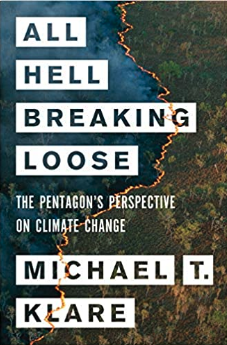 m TomDispatch
m TomDispatch
Peace Action WI believes that non-violence and peace talks are the only path forward to peace.
"The United Nations General Assembly voted, on Mar 2, 2022, 141 to 5 to demand Russia halt the war. China was among 35 countries that abstained. Belarus and North Korea were among Russia's supporters, along with Syria and Eritrea. Longtime allies China, Cuba and Venezuela abstained.
'The message of the General Assembly is loud and clear. End hostilities in Ukraine now,' Guterres said. 'Silence the guns now. Open the door to dialogue and diplomacy now.'"
There must be an international peace conference for a treaty that will establish the permanent neutrality and independence of Ukraine which will be guaranteed by the United Nations Security Council under Chapter 7 of the U.N. Charter. It is clear that only the non-military options in the UN Charter (Articles 33 – 41) and not a military response (Article 42) by either side are legal under international law. President Biden must publicly announce that NATO expansion is over for good and that Ukraine will not be joining NATO.
Russia must cease it's military aggression and negotiate for peace in the Ukraine, with an immediate ceasefire, withdraw its troops and weapons from Ukraine. Ukraine must negotiate for peace, too. Russia’s war against Ukraine has already seen violations of international humanitarian law and human rights, including Russian forces using banned weapons such as cluster munitions and using explosive weapons in populated areas, hitting hospitals, homes, schools, and other civilian infrastructure. The conflict has also already involved severe environmental impacts, including pollution from military sites and material, as well as from the use of explosive weapons in populated areas, radiation risks from fighting at the Chernobyl nuclear power facility, groundwater contamination, and more.
The US must send humanitarian aid, not escalate war by sending more weapons or troops to the region. Sanctions aren't a solution, they will harm civilians, and will not force Russia to capitulate and will not help with diplomacy. Only the UN Security Council has the authority to order the use of sanctions. That means the United States and other countries cannot unilaterally impose sanctions against other countries without the approval of the council. Unilateral Coercive Sanctions Violate the UN Charter.
Countries Flood Ukraine With Military Support After Zelensky's Appeal
By Autumn Spredemann of Epoch Times
Here is the statement: INDEPENDENT AMERICAN AND RUSSIAN WOMEN CALL FOR PEACE
We are women from the United States and Russia who are deeply concerned about the risk of possible war between our two countries, who together possess over 90% of the world’s nuclear weapons.
We are mothers, daughters, grandmothers, and we are sisters, one to another.
Today we stand with our sisters in Ukraine, East and West, whose families and country have been torn apart, have already suffered more than 14,000 deaths.
We stand together and we call for peace and diplomacy, with respect for all.
We are united in the belief that diplomacy, dialogue, engagement and exchange are urgently needed to end the current crisis and avert a catastrophic military conflict that could spiral out of control — even push the world to the precipice of nuclear war.
For the U.S. and Russia, the only sane and humane course of action now is a principled commitment to clear, creative and persistent diplomacy— not military action.
At this perilous juncture, rather than allocate blame, we should be seeking 21st century alternatives to senseless military conflicts and wasteful spending on war. It is a time to redefine security so that women, families, and our children, can live in peace.
At a time when we find ourselves in perhaps the most dangerous moment since the Cuban Missile Crisis, we call on the media in both our countries to stop fueling the flames of war. We call on the media to fulfill their ethical responsibility as journalists to remind us of the price of war, the bloodshed and loss of human lives, to demand evidence when claims are made that can escalate tensions, and to have the courage to sound the alarm on the risk of escalation to a nuclear war that would mean the end of life as we know it.
At a time when poverty is increasing in the U.S., Ukraine and Russia, when the world collectively faces the existential threat of climate change, a pandemic that has taken 5.8 million lives and caused rising “deaths of despair,” declining life expectancy and extreme inequality, isn’t it time to think anew?
How might we seize the day and lay out a 21st century vision — that not only advances peace and security, but can unite the world — essentially a new realism? What could creative, humane diplomacy look like? If done thoughtfully, it could do more than resolve the standoff in Ukraine — it could pave the way for broader cooperation between the U.S., Russia, and Europe and beyond on climate, disarmament and more. It could lay the seeds for a new, demilitarized and shared security architecture.
We independent women, seekers of peace and security, understand the vital importance of engaging minds and hearts. We call on you to share this call for peace and urge our governments to keep talking, to pursue clear, creative and persistent diplomacy.
These are times of fear but also of hope and possibility. The world is in motion, the future is not written. As Americans and Russians, we have a compelling stake in deescalating tensions between our countries. The approach we suggest surely is more realistic, more wise, than preparing for a military conflict that could lead to unthinkable nuclear war.
We stand together and we call for peace. Stand with us.
#WomenCall4PeaceUkraine #WOMENPEACEBUILDERS #MINDFULCHERNOBYL #WOMENSAYNOTOWAR #WHEREISOURPEACEDIVIDEND #MONEYFORSCHOOLSNOTMISSILES #SISTERSAGAINSTWAR #PEACEWINS #KEEPTALKINGUKRAINE #TALKANDLISTEN
100 U.S. Organizations Urge Biden “to End the U.S. Role in Escalating” Ukraine Crisis
More than 100 national and regional U.S. organizations released a joint statement Tuesday urging President Biden “to end the U.S. role in escalating the extremely dangerous tensions with Russia over Ukraine.” The groups said “it is gravely irresponsible for the president to participate in brinkmanship between two nations that possess 90 percent of the world’s nuclear weapons.”
The statement warned that the current crisis “could easily spiral out of control to the point of pushing the world to the precipice of nuclear war.”
Release of the statement came with an announcement of a virtual news conference set for Wednesday morning — with speakers including a former U.S. ambassador to Moscow, Jack F. Matlock Jr.; The Nation editorial director Katrina vanden Heuvel, who is president of the American Committee for U.S.-Russia Accord; and Martin Fleck, representing Physicians for Social Responsibility. Journalists can sign up to attend the Noon EST Feb. 2 news conference via Zoom by clicking here — https://us06web.zoom.us/webinar/register/WN_pIoKDszBQ8Ws8A8TuDgKbA — and will then receive a confirmation email with an access link.
A Statement from U.S. Organizations on the Ukraine Crisis
February 1, 2022
As organizations representing millions of people in the United States, we call upon President Biden to end the U.S. role in escalating the extremely dangerous tensions with Russia over Ukraine. It is gravely irresponsible for the president to participate in brinkmanship between two nations that possess 90 percent of the world’s nuclear weapons.
For the United States and Russia, the only sane course of action now is a commitment to genuine diplomacy with serious negotiations, not military escalation – which could easily spiral out of control to the point of pushing the world to the precipice of nuclear war.
While both sides are to blame for causing this crisis, its roots are entangled in the failure of the U.S. government to live up to its promise made in 1990 by then-Secretary of State James Baker that NATO would expand not “one inch to the East.” Since 1999, NATO has expanded to include numerous countries, including some that border Russia. Rather than dismissing out of hand the Russian government’s current insistence on a written guarantee that Ukraine will not become part of NATO, the U.S. government should agree to a long-term moratorium on any NATO expansion.

No War with Russia over the Ukraine
Wisconsin Peace Action Warns That Amidst Pandemic, Dramatic Increases in Economic Inequality, the Rise of Racism, and Climate Disaster, the Danger of War Increases
“The Clock has become a universally recognized indicator of the world’s vulnerability to catastrophe from nuclear weapons, climate change, and disruptive technologies in other domains.” This year marks the closest estimate of the possible midnight disaster in 75 years.
As the narrative unfolds concerning a possible war in Eastern Europe over Ukraine, important information is usually left out of corporate media stories. There is reason to suspect that the Biden Administration, losing popularity by the day for its failure to get sufficient support for its domestic agenda, has chosen to reignite a New Cold or Hot War with Russia.
Domestic politics, plus the fears of foreign policy elites about the relative decline in US global hegemony, may be leading the world down the path of grotesquely increased military expenditures and war. And the institutions that thrive on war or the preparation for war remain beyond the control of elected leaders.
NATO/Ukraine/New Cold War. In 2016 leaders of the 28 NATO countries met in summit in Poland to reaffirm their commitment to the military alliance that was established in 1949 for the sole purpose of protecting the European continent from any possible Soviet military intervention. With the collapse of the former Soviet Union, rather than dissolving, NATO took on the task of policing the world for neoliberal globalization and the states “victorious” in the Cold War. NATO was the official operational arm of military operations in the former Yugoslavia in the 1990s and the military force that would destroy the Gaddafi regime in Libya.
After the collapse of the Soviet Bloc, NATO incorporated the states in Eastern Europe that had been affiliated with it. Now Poland, Hungary, and the Baltic States remain the frontline in the ongoing hostilities with Russia. They and western financiers from Ukraine, with substantial assistance from the United States, engineered the coup that ousted a corrupt but elected President in Ukraine in 2014. This set off an ongoing civil war between those in the population who wanted to continue ties to Russia and others who wanted Ukraine to join the European Union and NATO. The instability in Kiev was orchestrated by high US state department officials who advocated a New Cold War with Russia. Some US diplomats involved in the Ukraine story remain in the Biden diplomatic team.
At the NATO summit of 2016 it was agreed to establish four battalion-sized “battle groups” in Poland and the Baltic states. To use the language of the Cold War, this small force could serve as a “trip wire” that could precipitate an “incident” and a major war with Russia. NATO agreed to bolster the Ukraine military. The alliance would commit to establishing a controversial missile defense system in Eastern Europe. And NATO countries promised to spend two percent of their budgets on the military. The continued commitment of the United States was affirmed by President Obama. After the Trump period of reduced commitment to NATO, President Biden wishes to resuscitate the alliance.
And today, the United States and its NATO allies are sending large amounts of military equipment to Ukraine and promising the sending of troops to respond to any Russian incursion, real or alleged, into Ukrainian territory. Ukraine remains a caldron of internal political conflict, corruption, and external interference from the West and Russia, all occurring in the context of increased militarization. As Dr. King proclaimed a long time ago about other wars: “This madness must cease.”
We in Wisconsin Peace Action join with other sectors of the peace and justice community to declare:
--Engage in diplomacy not war to solve this crisis.
--End the NATO alliance which is militarily provocative, not the source of security in Europe.
--Bring ongoing political disputes in Central Europe to the United Nations
--Cut the enormous and wasteful military budget.
In sum, Wisconsin Peace Action joins voices from movements for social and economic justice, to preserve democratic institutions, peace, and climate change. All these movements must stand together to reverse the ticking clock that is moving inexorably toward midnight.
Peace Action WI joins United for Peace & Justice in calling for these measures to prevent war.:
We call for an immediate, and world-wide, moratorium on U.S. military exercises outside the borders of the United States, and especially of provocative exercises, tests, and deployment of nuclear-capable forces.
We call for a halt to the rush to additional sanctions against Russia, they are more likely to impair than enhance good faith negotiations.
We call for a moratorium on expansion of NATO. Reversal of NATO decisions to expand rapid reaction forces and supporting infrastructure in Eastern Europe.
Termination of U.S. programs to deploy U.S. ballistic missile defenses in Europe. Removal of U.S. nuclear weapons from Europe.
We are also in opposition to Congressman Meek's dangerous legislation H.R. 6470 , providing more U.S. military aid from taxpayers. Ukraine has already received a $200 million shipment of U.S. weapons. We call for an immediate cessation of shipments of weapons or other military aid to Ukraine, and of the introduction of additional U.S. military forces and equipment of any nature into Europe.
American missile defense systems deployed to Poland and Romania could be used to launch Tomahawk cruise missiles to potentially hit targets located "thousands of kilometers into Russian territory."
At least four or five U.S. OHIO Class “Trident” ballistic missile submarines are currently at sea on “hard alert” in their designated patrol areas—ready to launch any or all of their 20 Trident II D5 ballistic missiles, the W76-1 (90 kilotons) and W88 (455 kilotons) and the W76-2, a low-yield variant, 5 to 7 kilotons. Deploying the W76-2 essentially increased the probability of nuclear war (in a country with 15 Nuclear Reactors and the Chernobyl meltdown site).
Speak out against the drumbeat for war!
Russian concerns
Commenting on Ukraine's potential NATO membership, Putin said that Kiev has an official, documented doctrine that includes an intention to regain control over the Crimean peninsula, "including through military means."
-
-
It is calling on NATO to halt its program of building missile bases in countries bordering or close to Russia’s territory.
-
-
It is asking NATO to withdraw troops in Poland, Estonia, Lithuania and Latvia.
-
It is urging NATO to make it clear that Ukraine is not being groomed to join NATO. Ukrainian President Volodymyr Zelensky signed a decree on Tuesday, February 1, expanding the country's army by 100,000 troops, bringing the total number to 350,000. Zelensky has coupled that with the transition from a conscript to a professional army starting in two years. That is a precondition for NATO accession.
Sponsored by the End the Wars Coalition and Peace Action WI
********************************************
Statement of the Ukrainian Pacifist Movement
Source (with identical texts in Ukrainian and Russian): https://worldbeyondwar.org/statement-by-the-ukrainian-pacifist-movement/ -- automatic translations to Spanish, German, French, Dutch, Italian, Danish, Norwegian, Swedish, Turkish, Finnish, Hungarian
*********************************************
Statement of Peace Supporters against the Party of War in the Russian leadership
"If only war will not happen"
Our position is extremely simple: Russia does not need a war with Ukraine and the West. Nobody threatens us, nobody attacks us. A policy based on promoting the idea of such a war is immoral, irresponsible and criminal, and cannot be carried out on behalf of the peoples of Russia. Such a war can have neither legitimate nor moral goals. The diplomacy of the country cannot take any other position than the categorical rejection of such a war.
The war not only does not correspond to the interests of Russia, but also carries a threat to its very existence. The insane actions of the political leadership of the country, pushing us to this point, will inevitably lead to the formation of a mass antiwar movement in Russia. Each of us naturally becomes a part of it.
We will do everything possible to prevent, and if necessary, stop the war.
Original in Russian: https://echo.msk.ru/blog/echomsk/2972500-echo/
Tell Congress: War is Not the Answer in Ukraine!
The House and Senate are preparing to begin work on legislation to send hundreds of millions of dollars’ worth of weapons to Ukraine and impose maximum pressure sanctions on Russia. We’ve seen this movie before, and we know that threats and ultimatums don’t work, that more weapons don’t make people safer, and that punitive sanctions end up hurting the poorest and most vulnerable people.
Russia, the United States, and Ukraine all have a shared interest in preventing war. But this is not the way to do it. A militaristic approach only escalates conflict and increases the chances of war with Russia.
Tell your representative and senators that diplomacy and peacebuilding are the best way to protect human lives and avoid unnecessary suffering.
US Senator Tammy Baldwin
US Senator Ron Johnson
US Representative Gwen Moore
https://fcnl.quorum.us/campaign/37561/?utm_source=fcnlaction
Peace Action of WI
http://www.peaceactionwi.org/

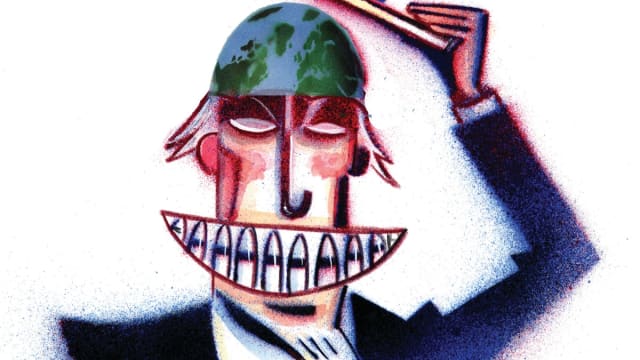


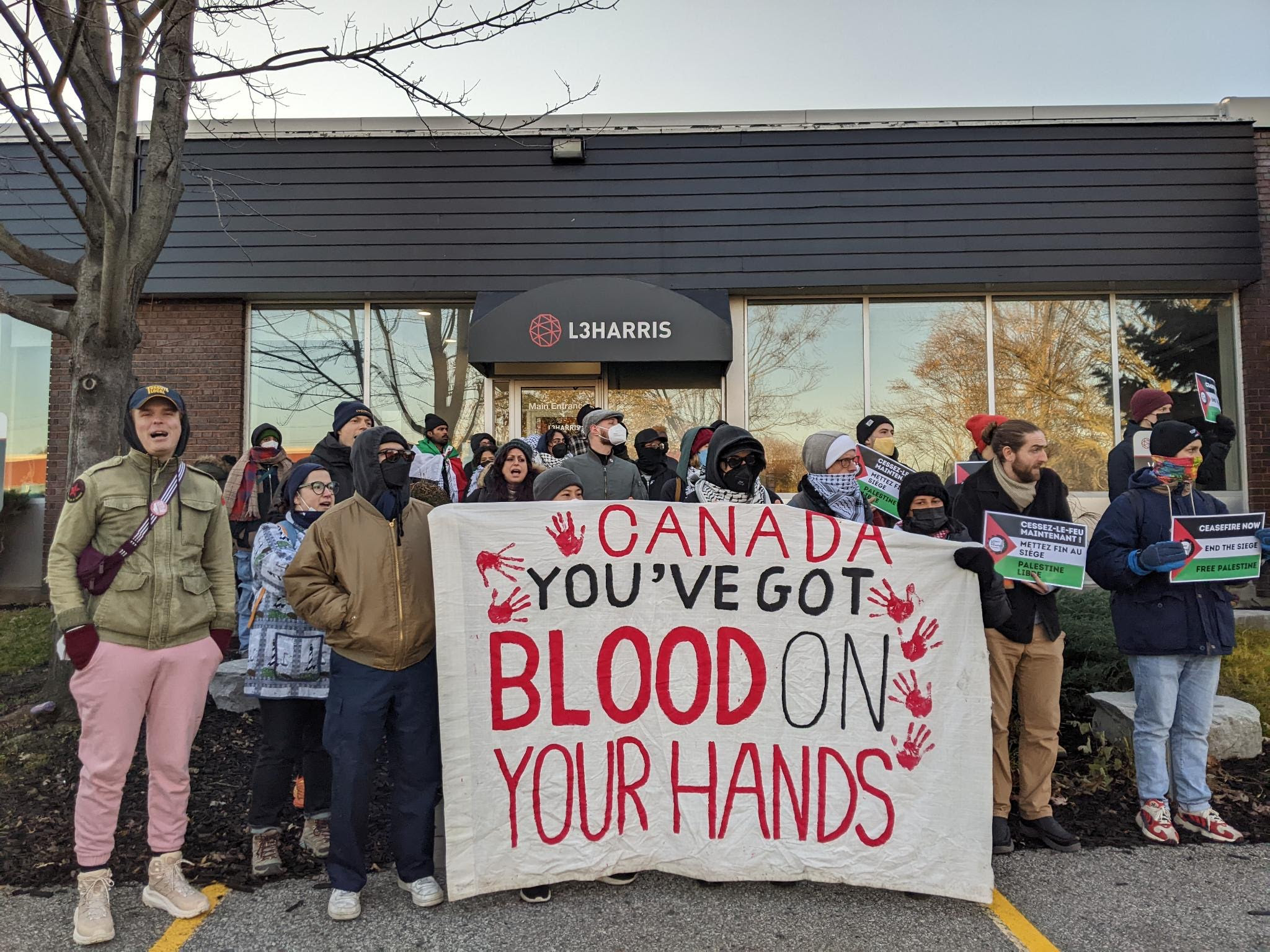
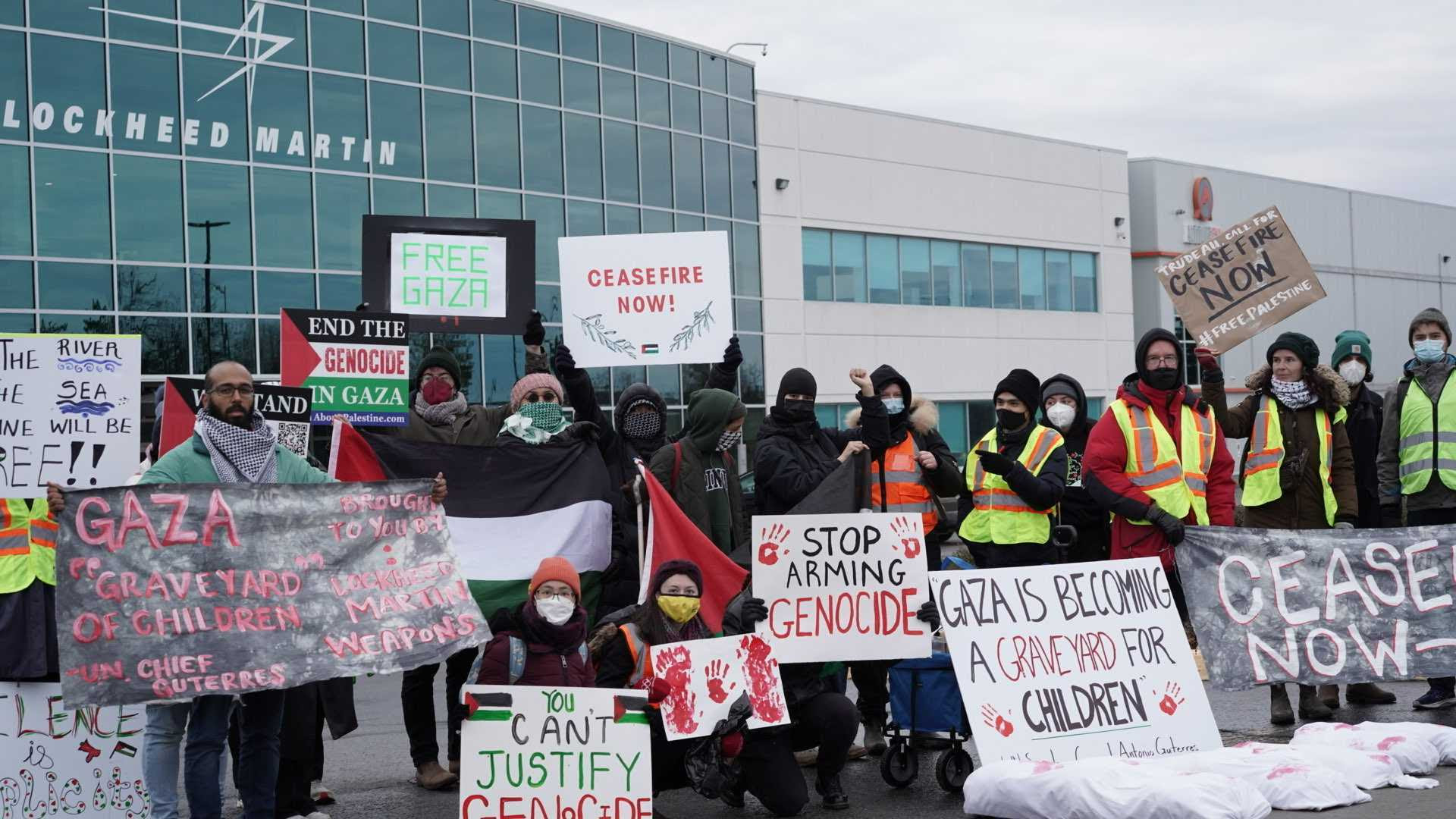
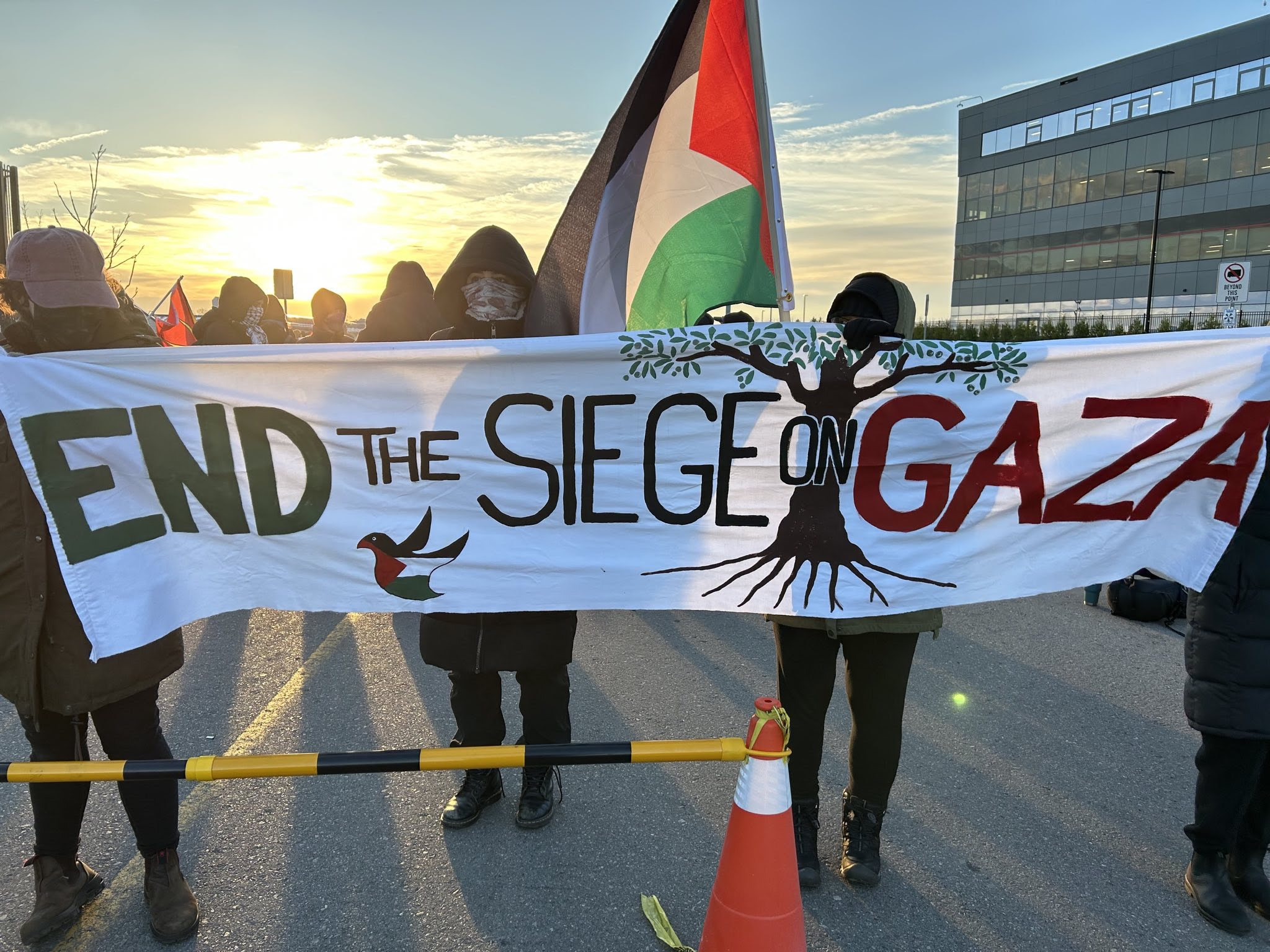
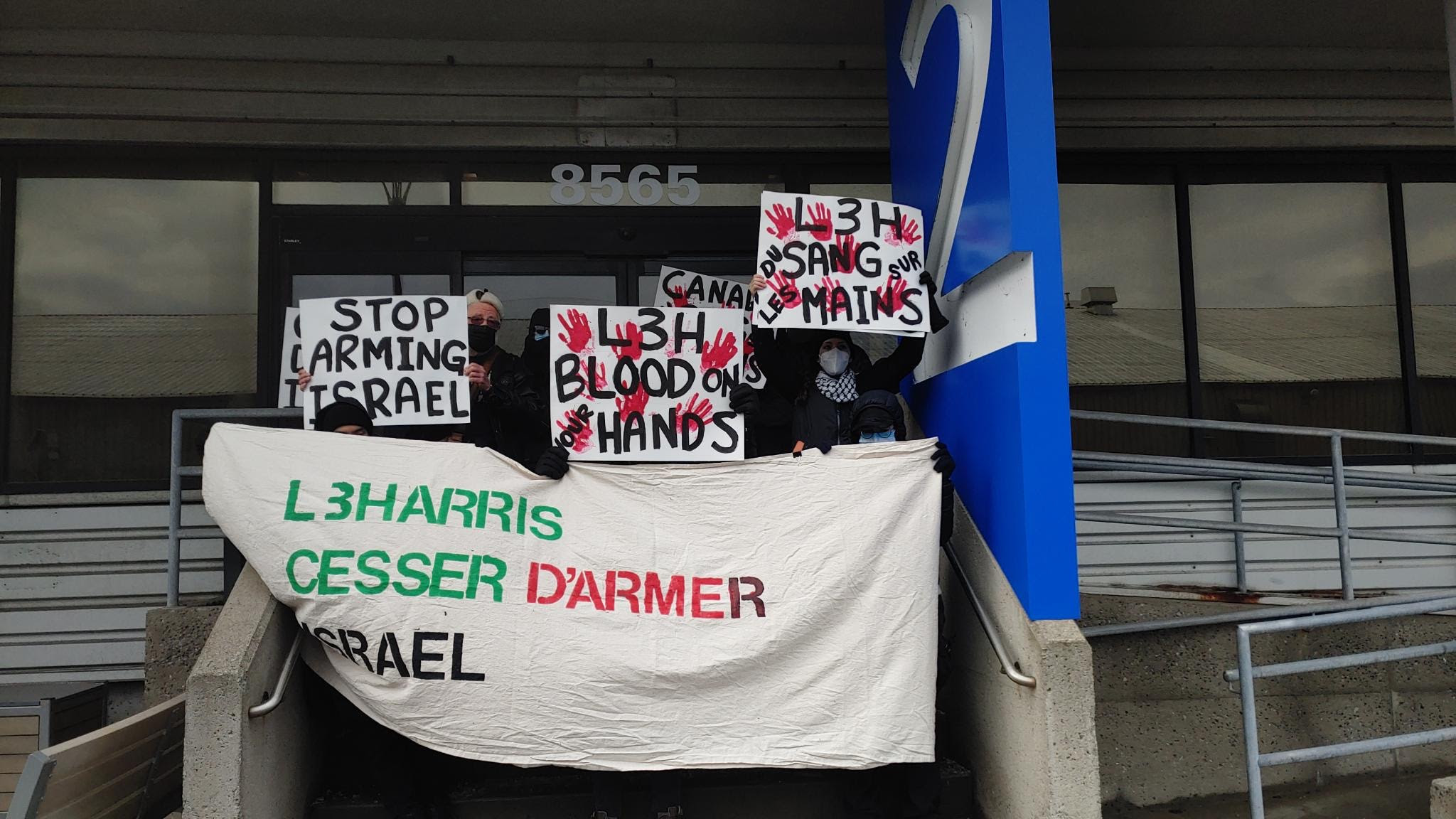
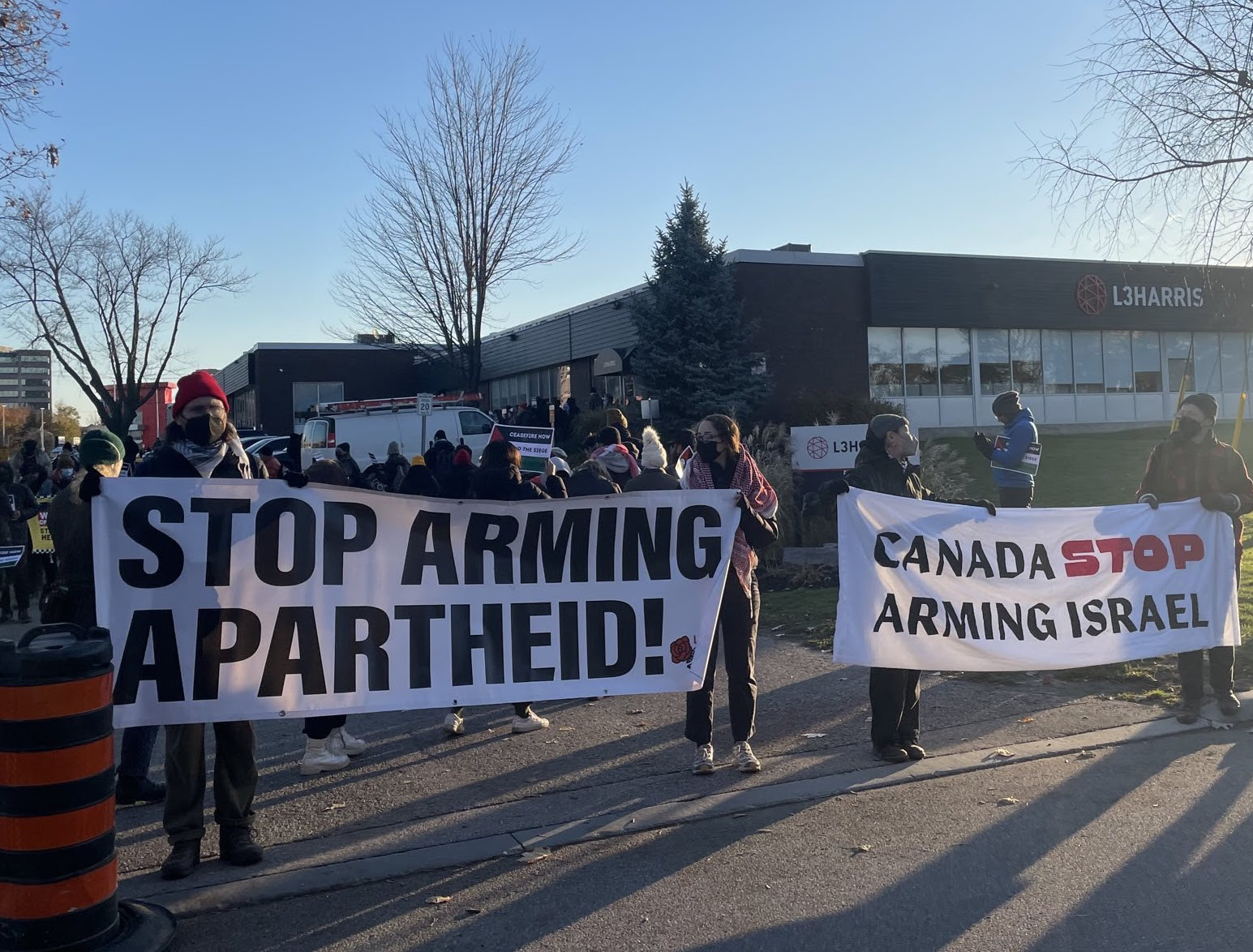

.png)

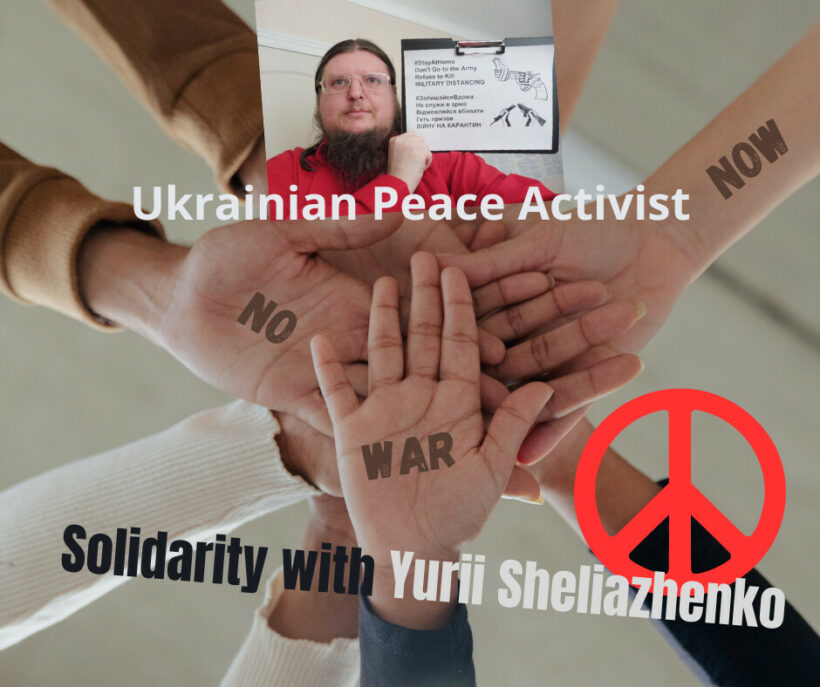





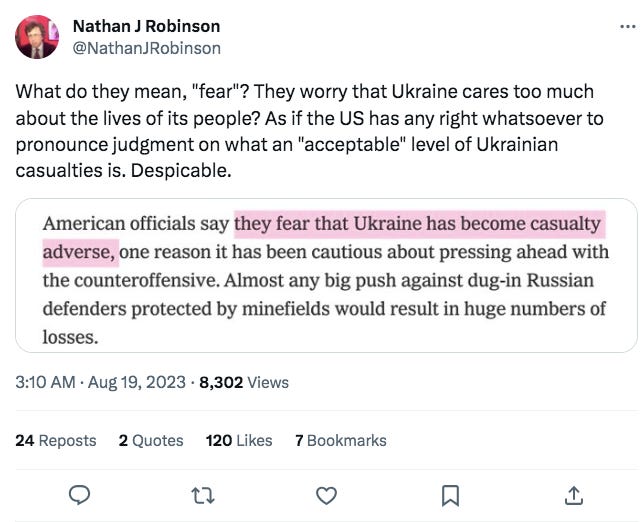

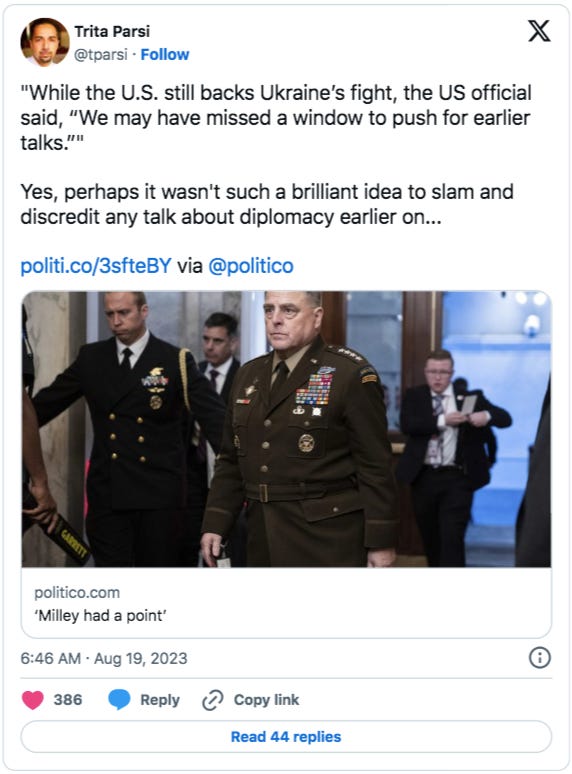
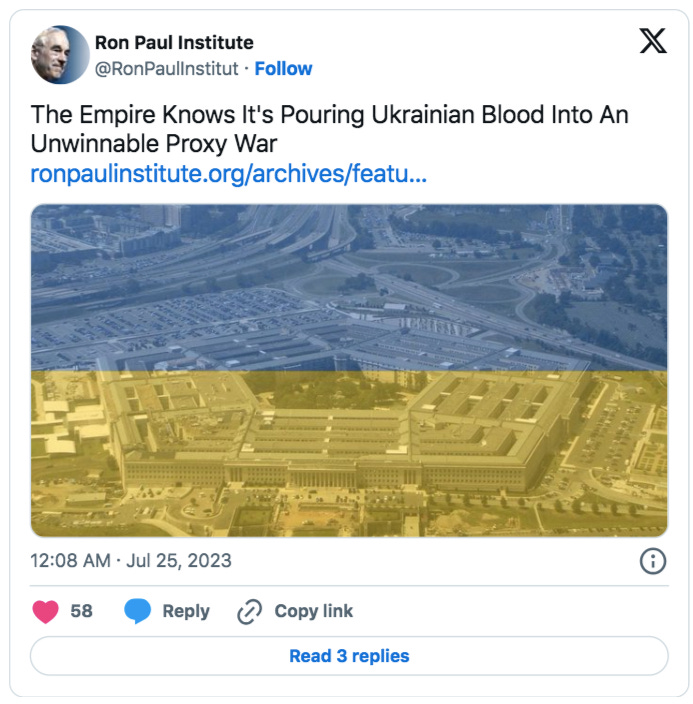


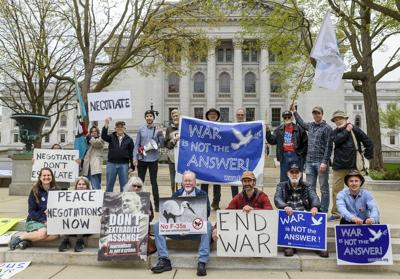



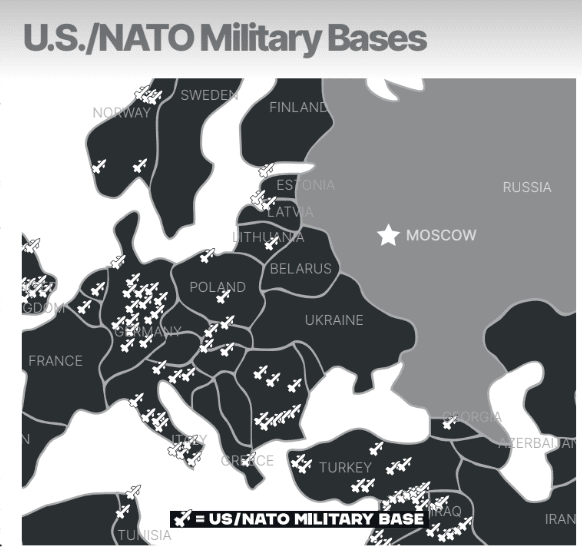
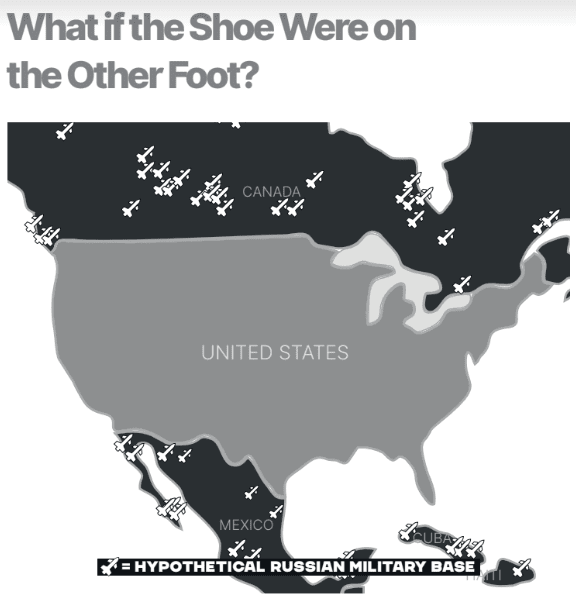






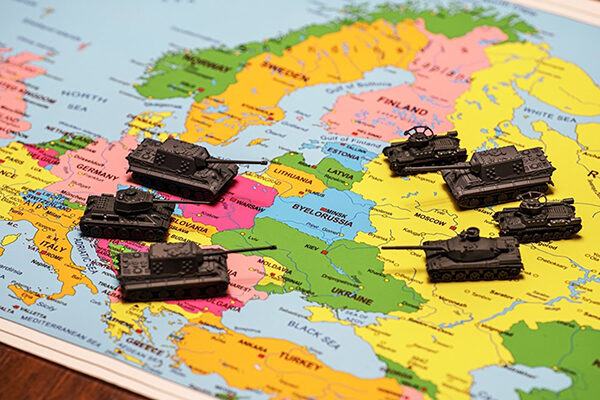

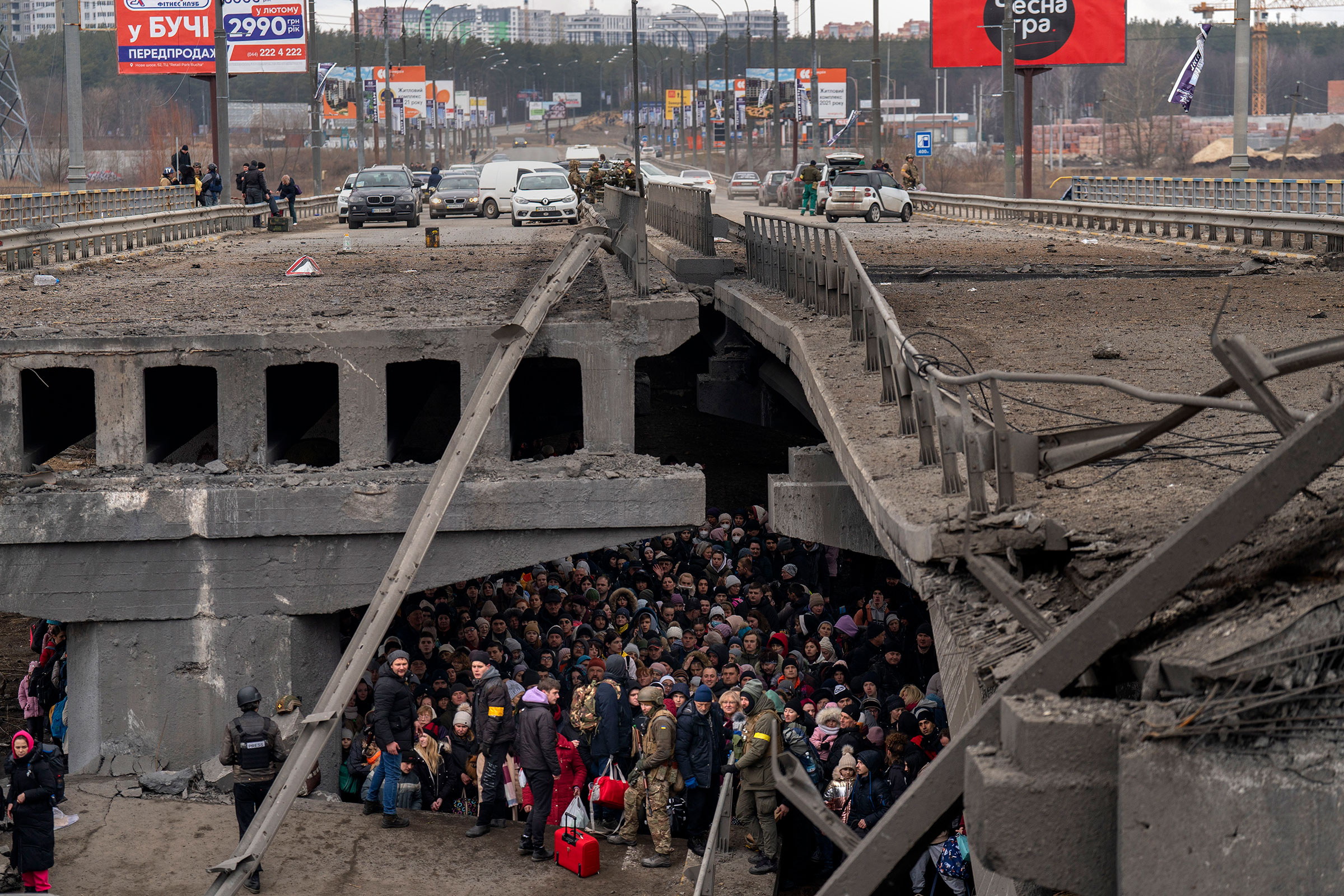

 Eight Reasons Why Now Is a Good Time for a Ukraine Ceasefire and Peace Talks
Eight Reasons Why Now Is a Good Time for a Ukraine Ceasefire and Peace Talks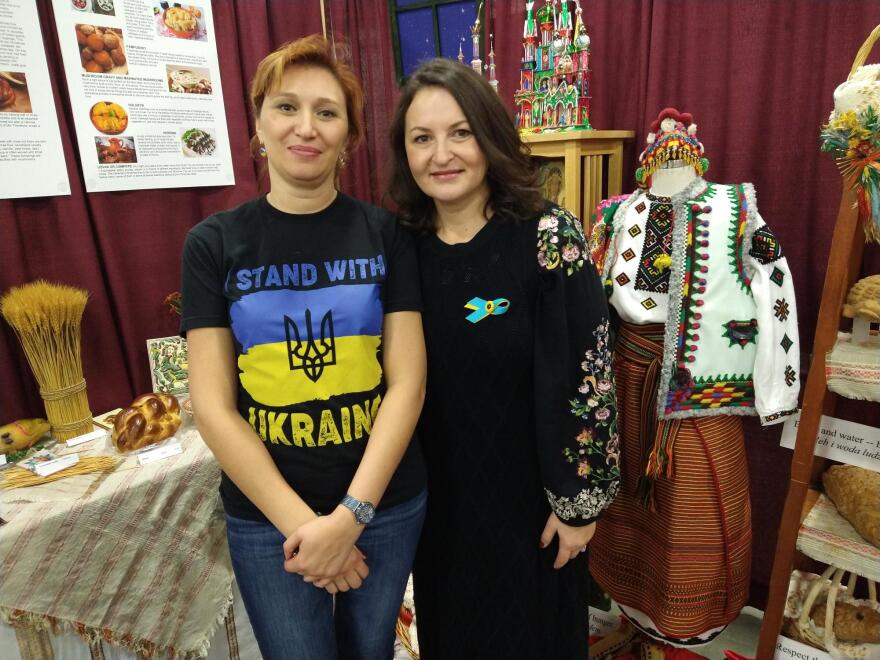






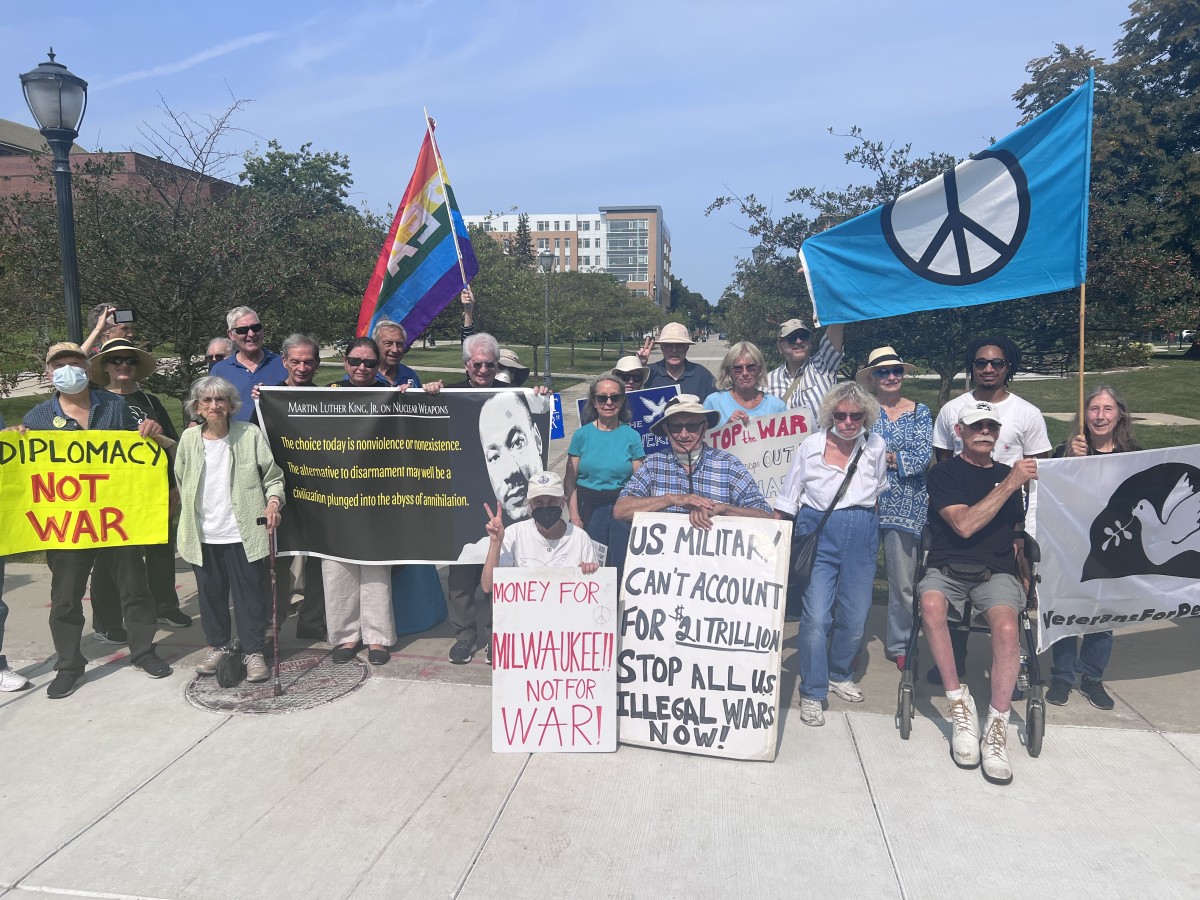

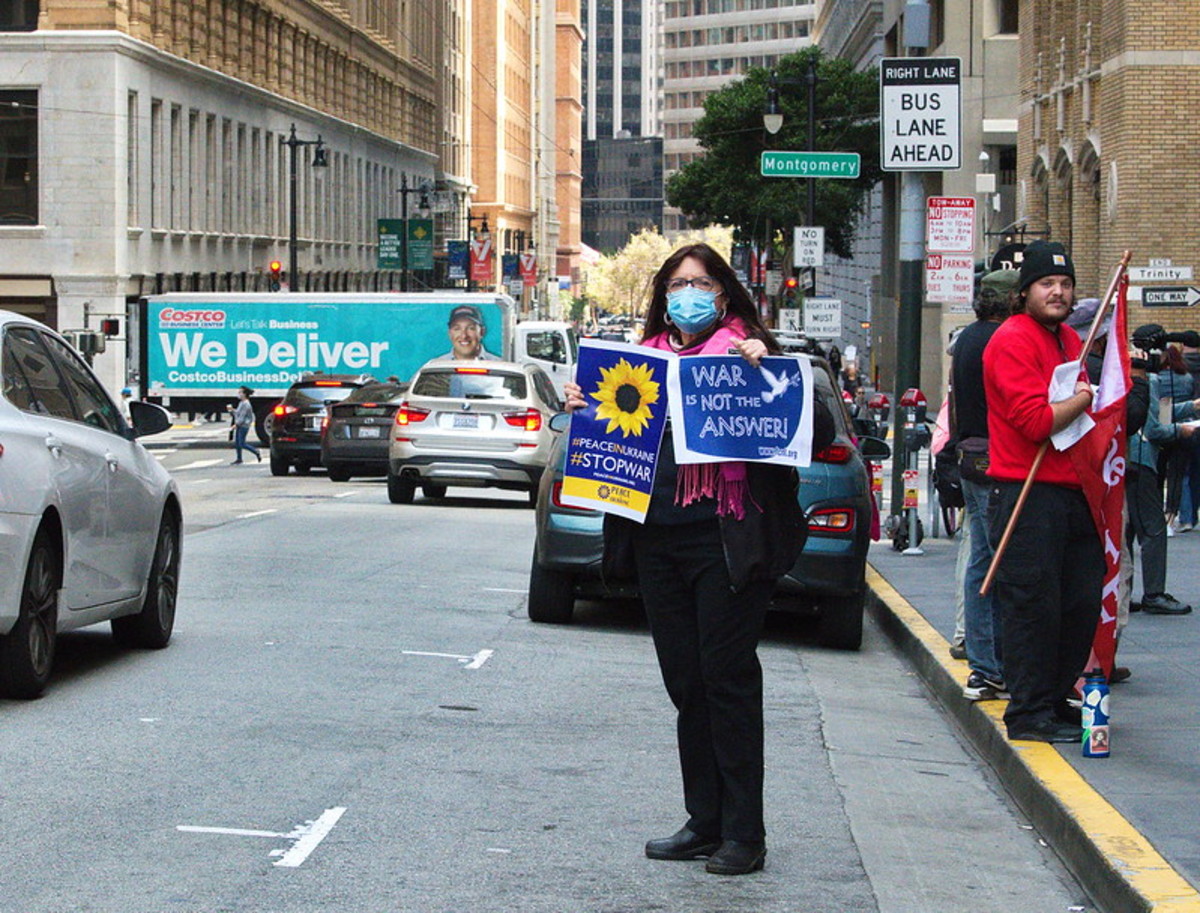
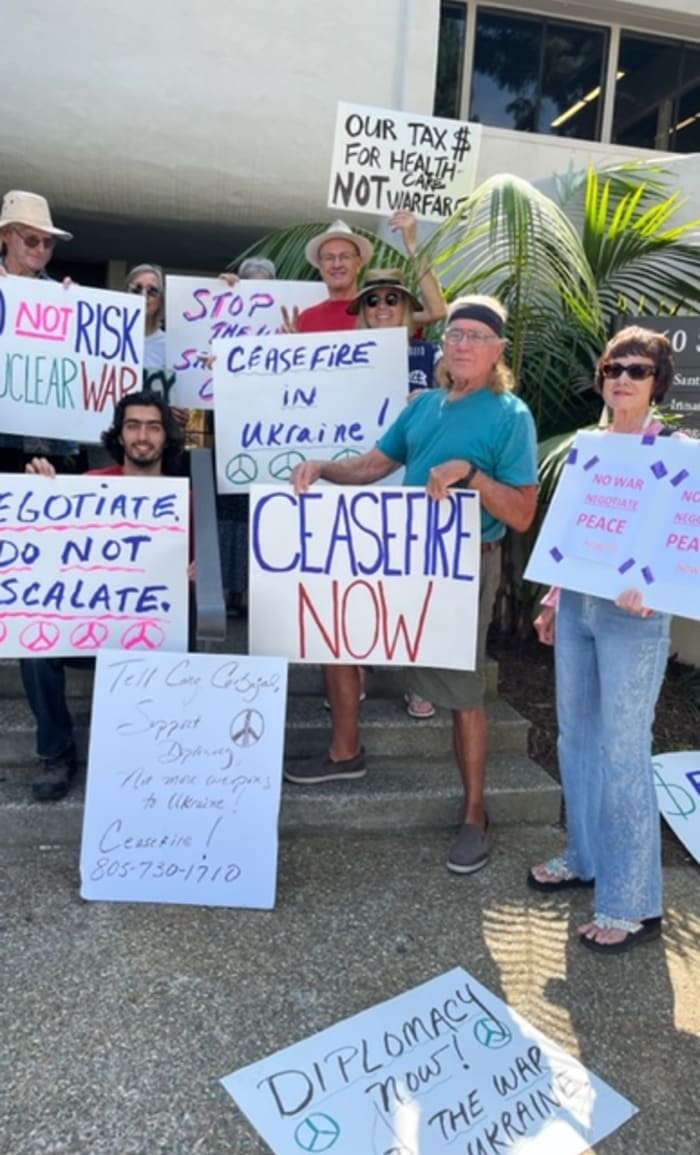
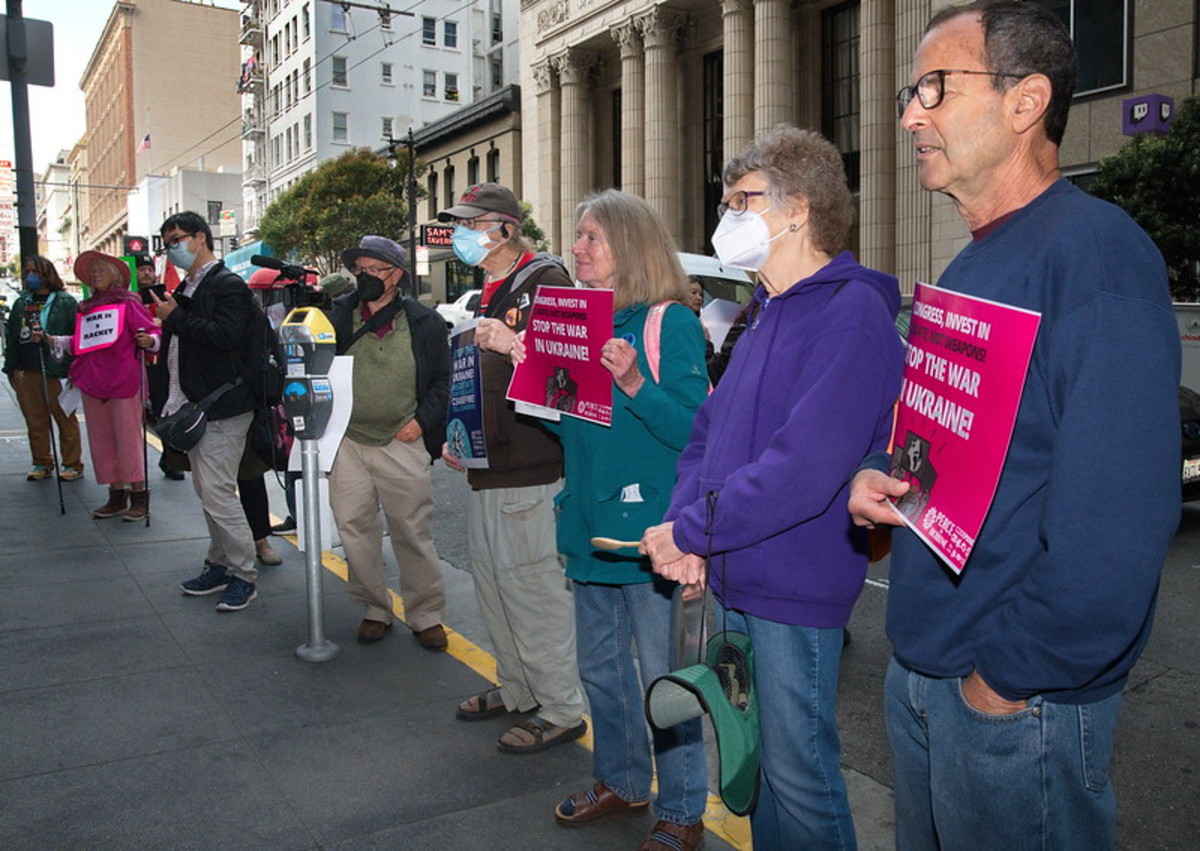



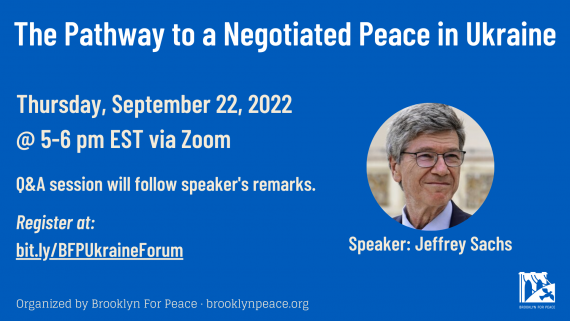
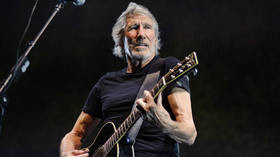



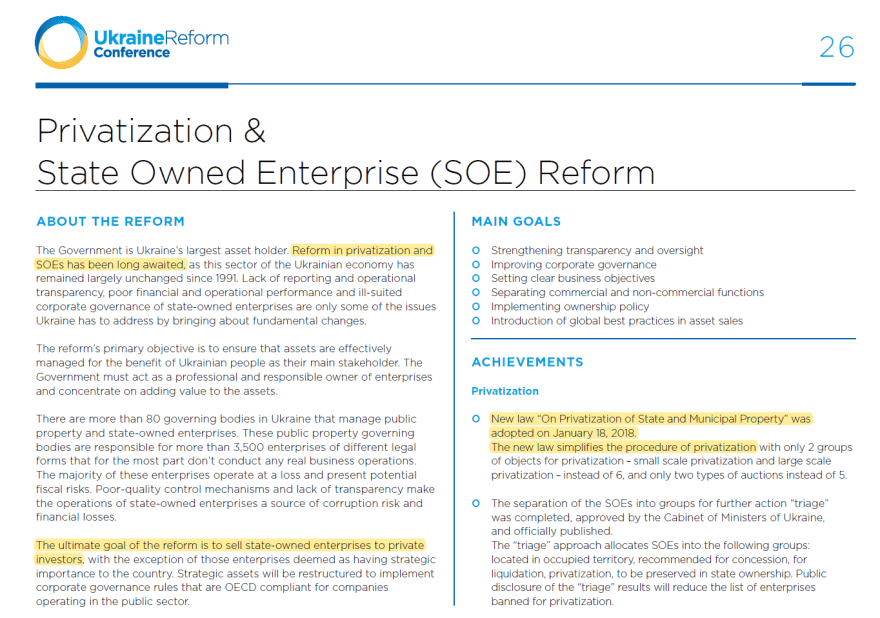
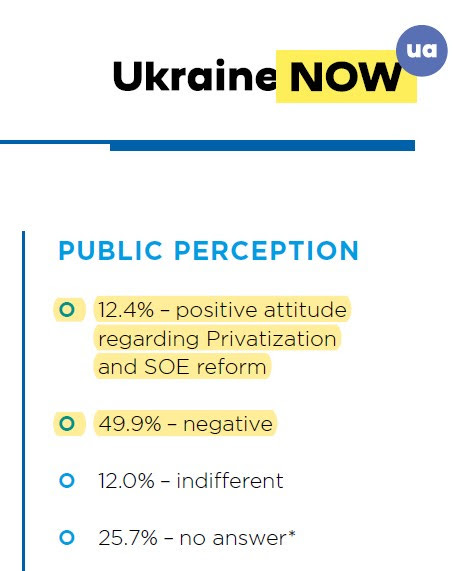

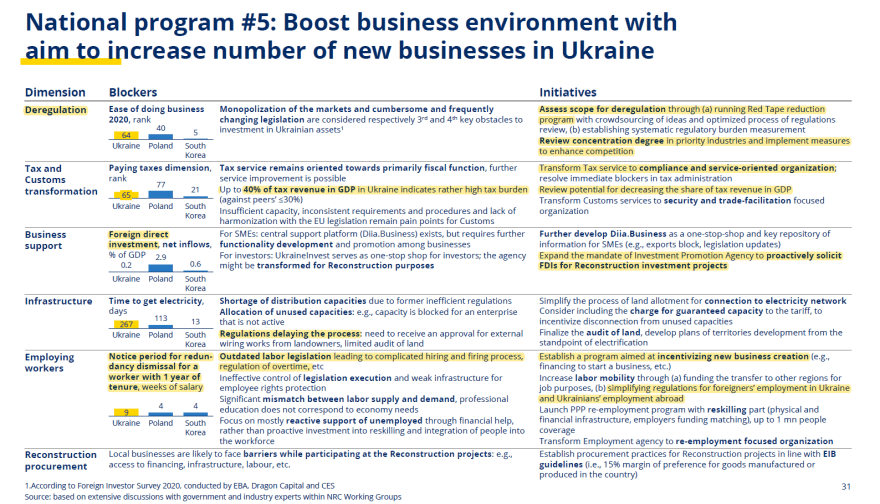
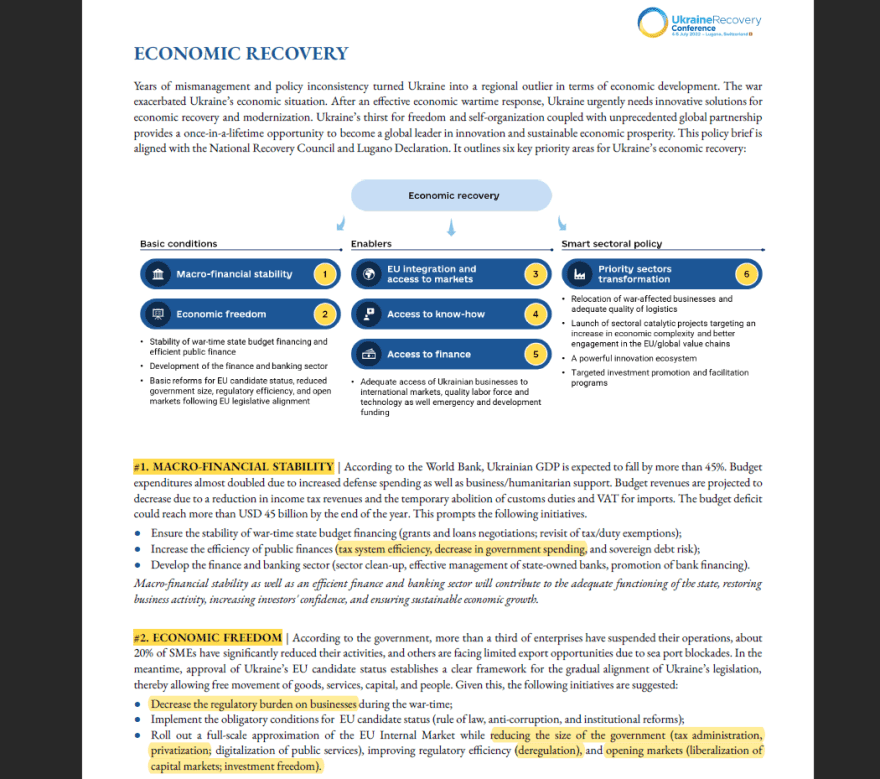
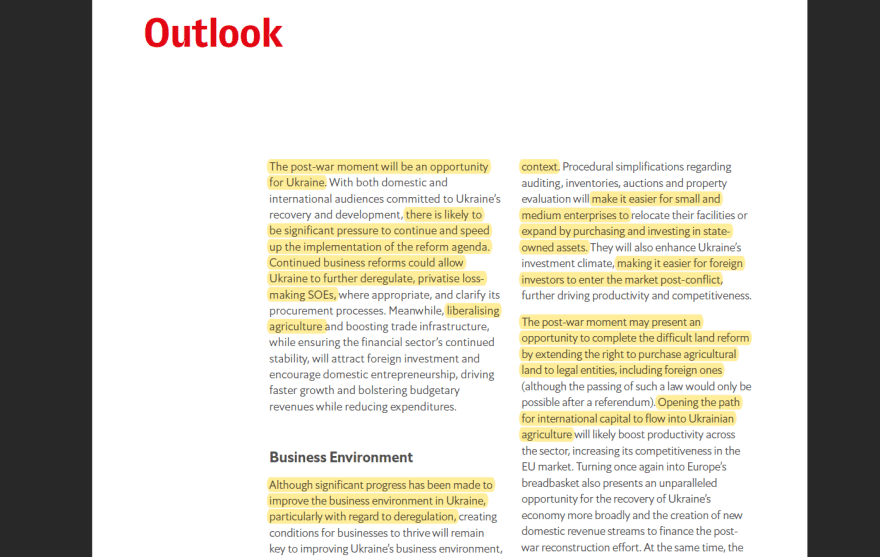
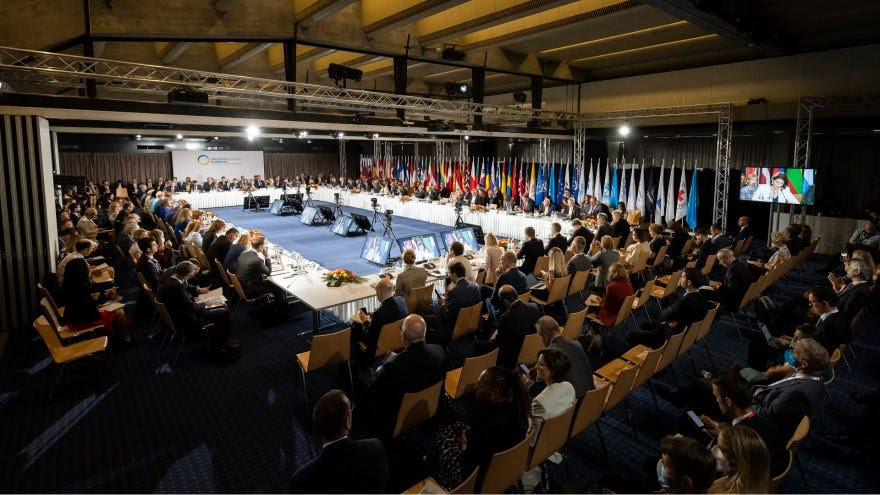
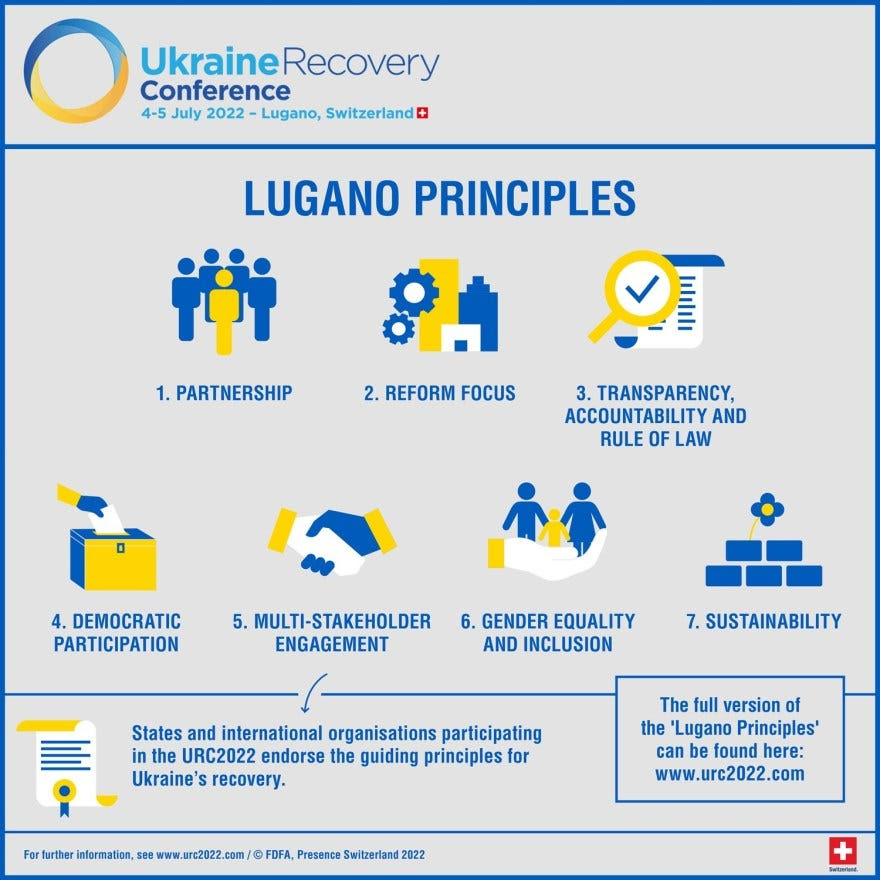

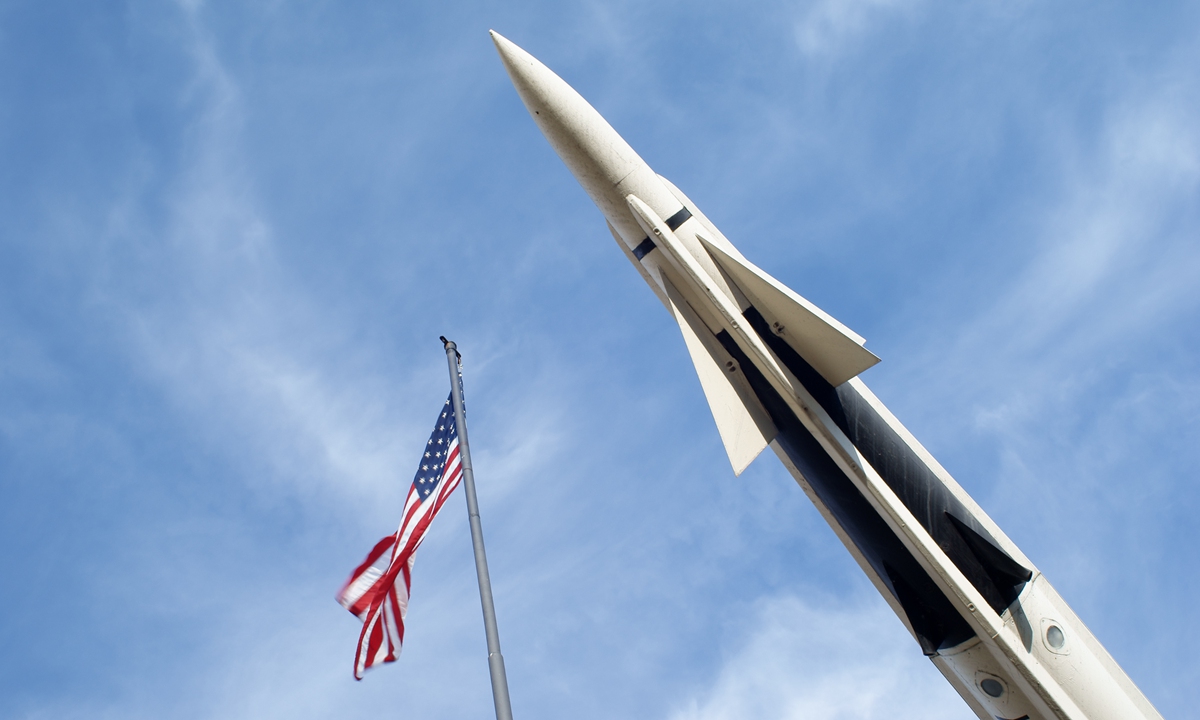

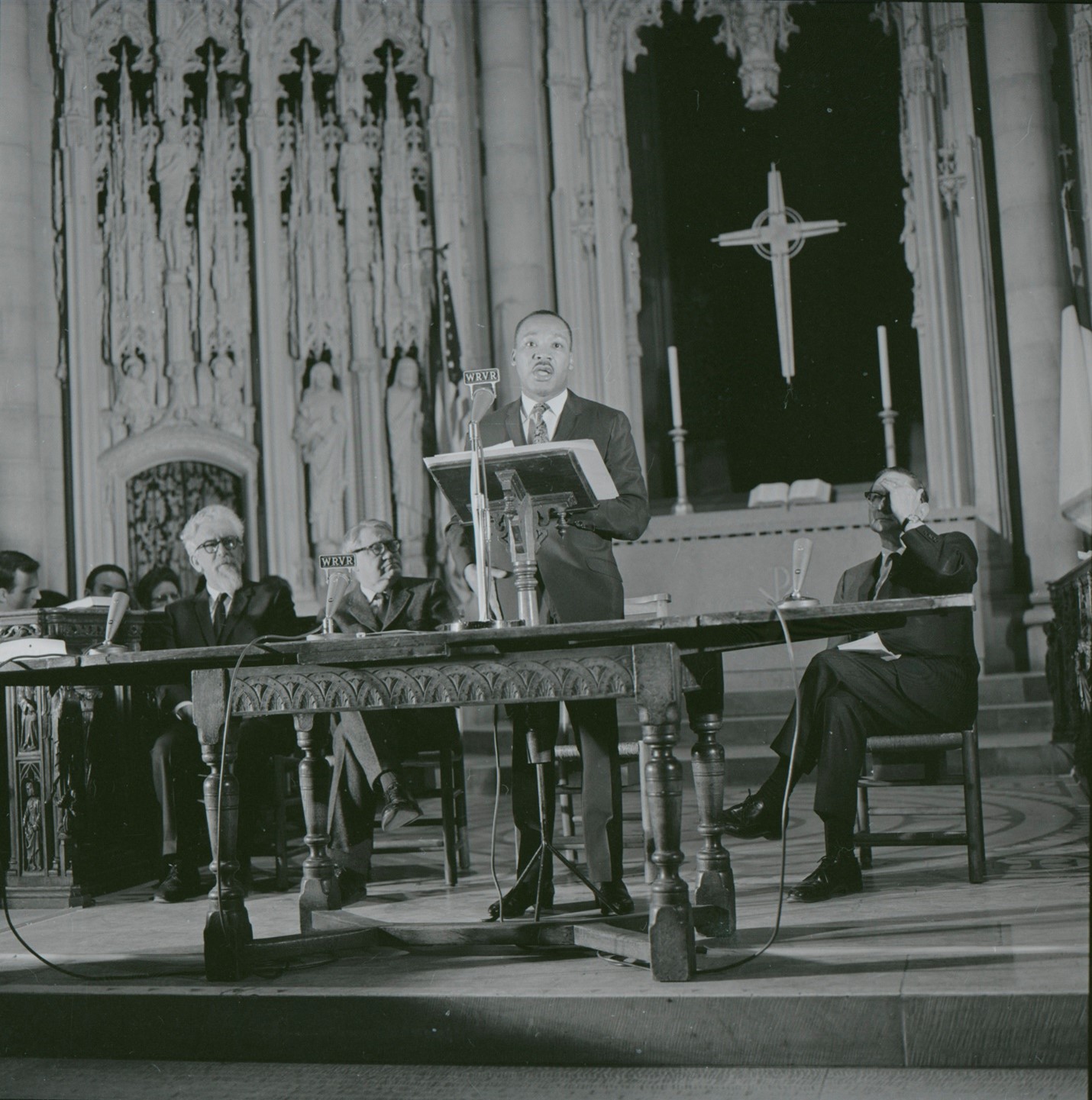
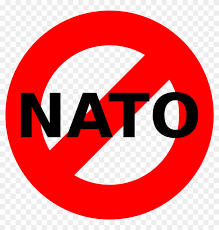

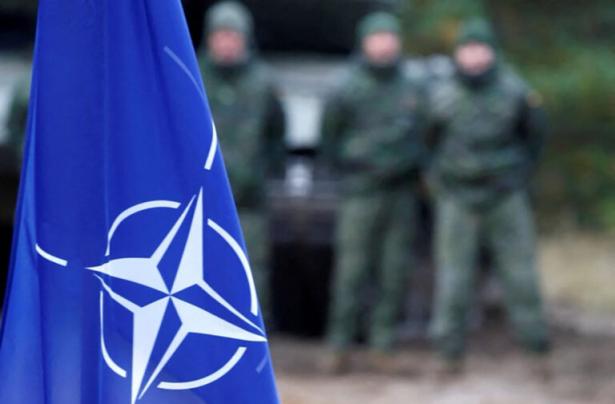
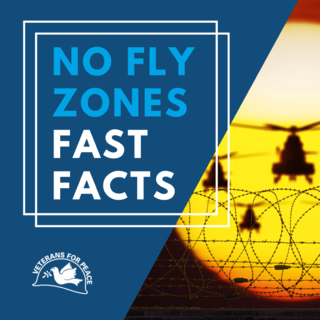
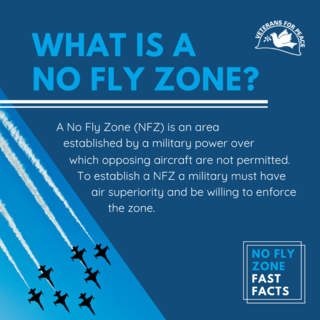
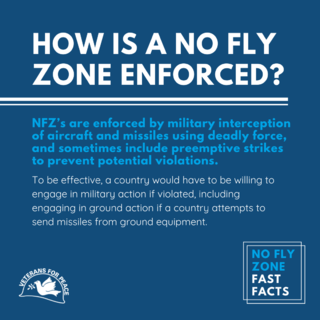

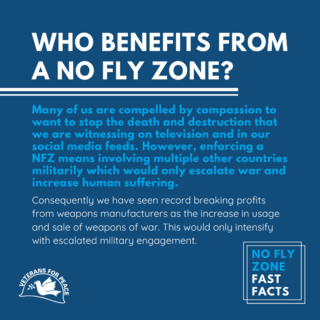
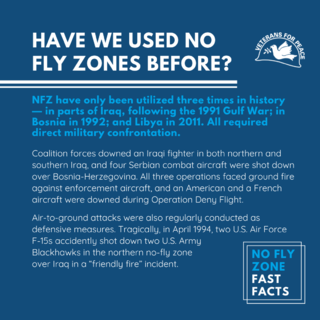

Showing 2 reactions
Sign in with